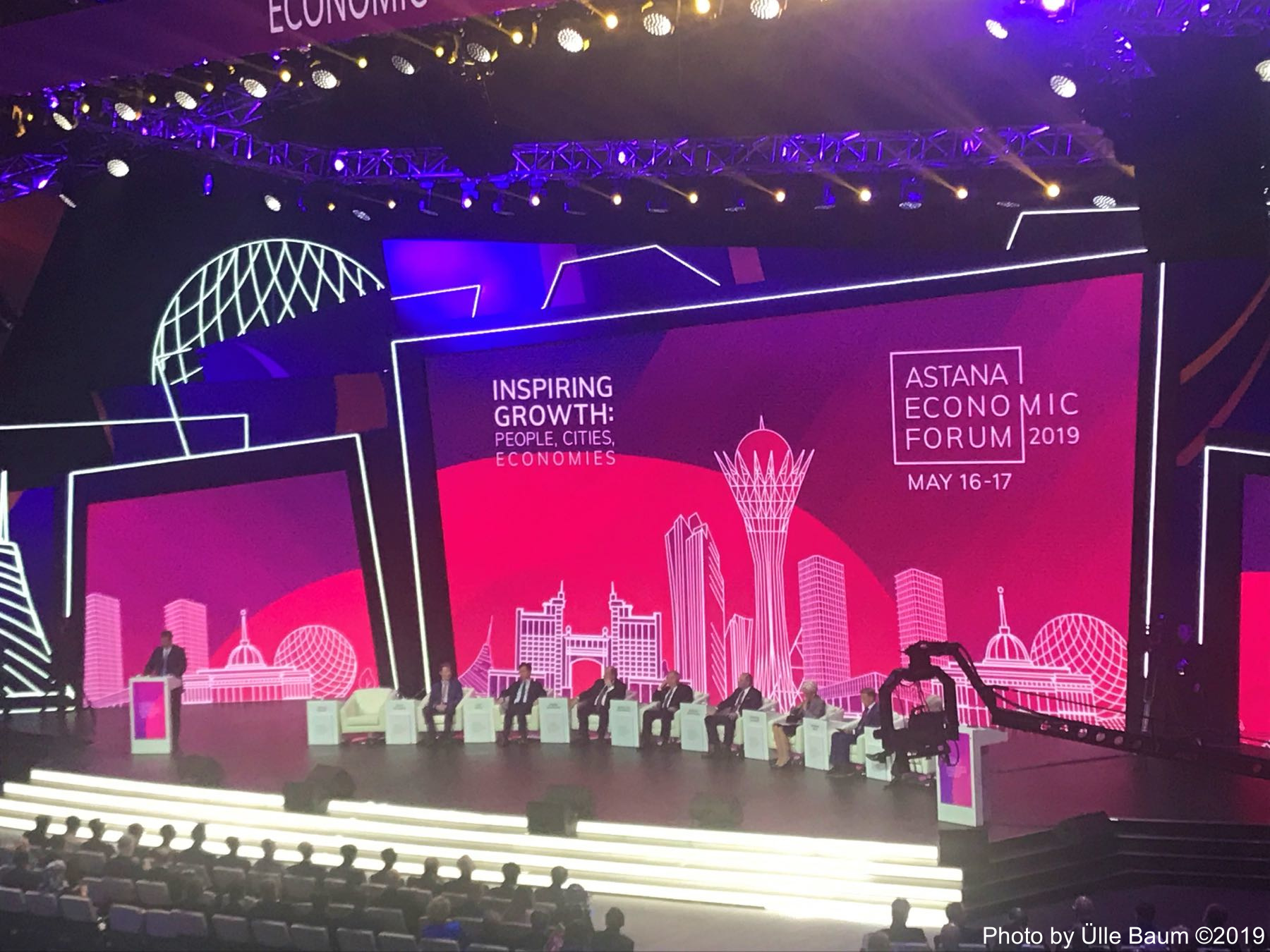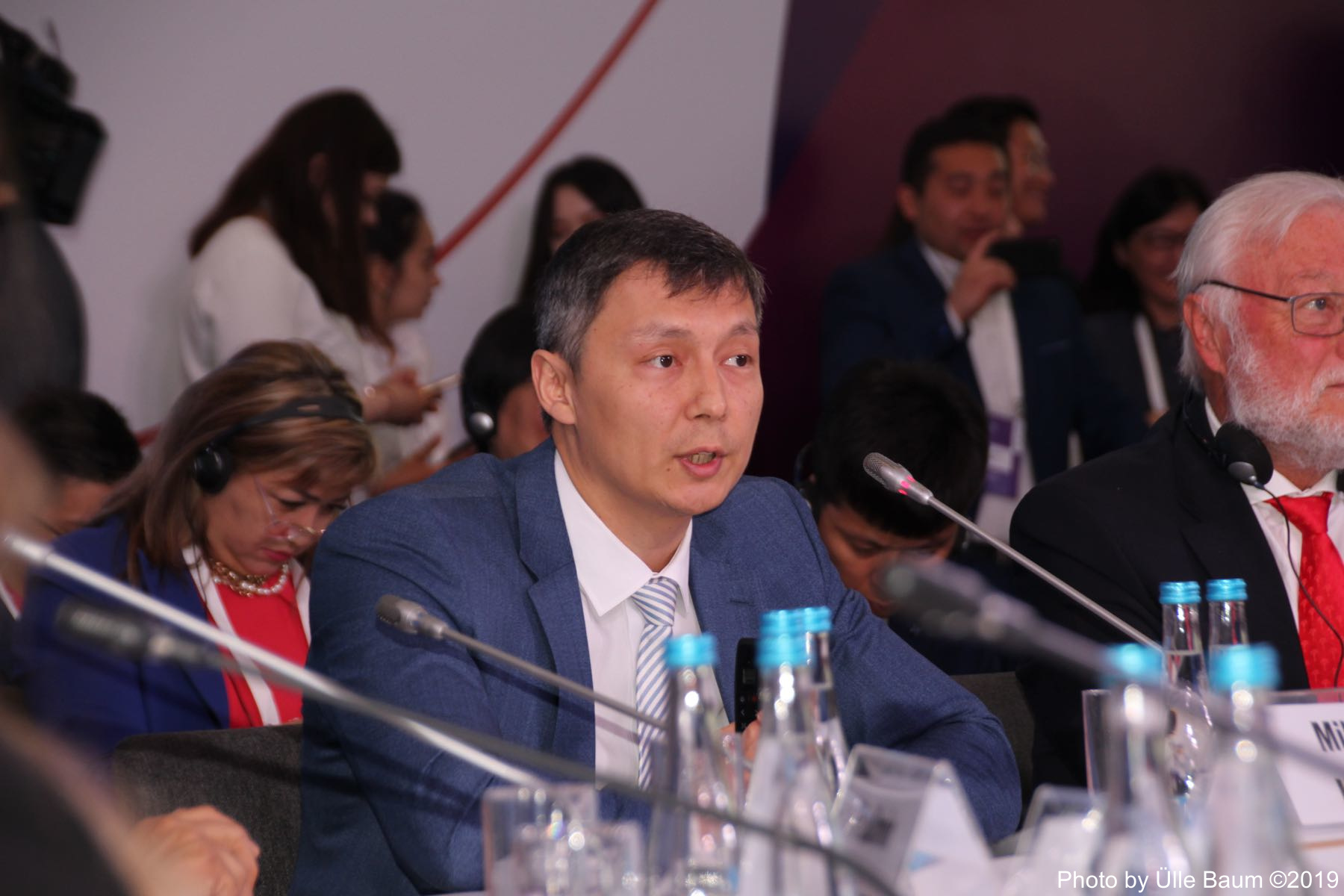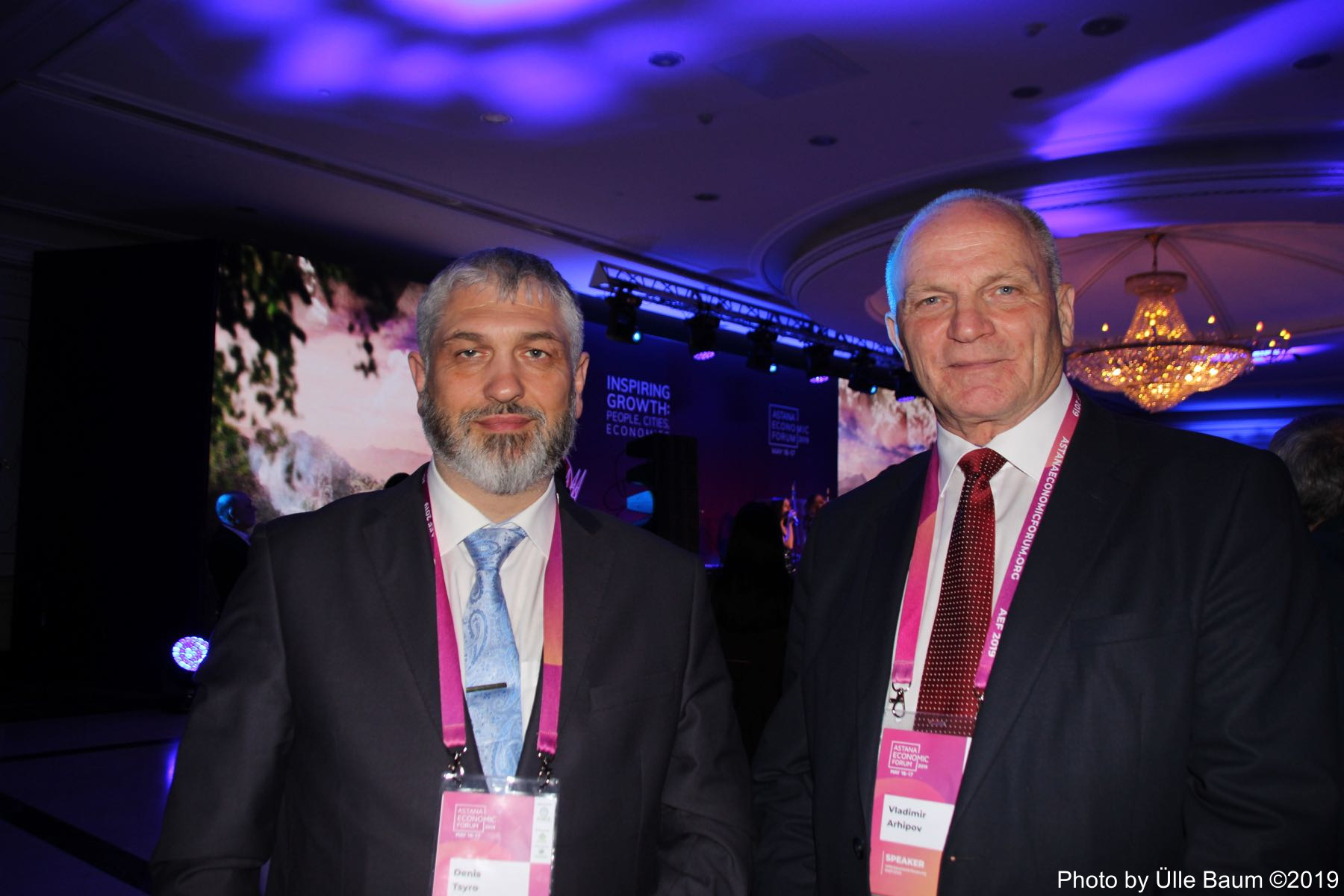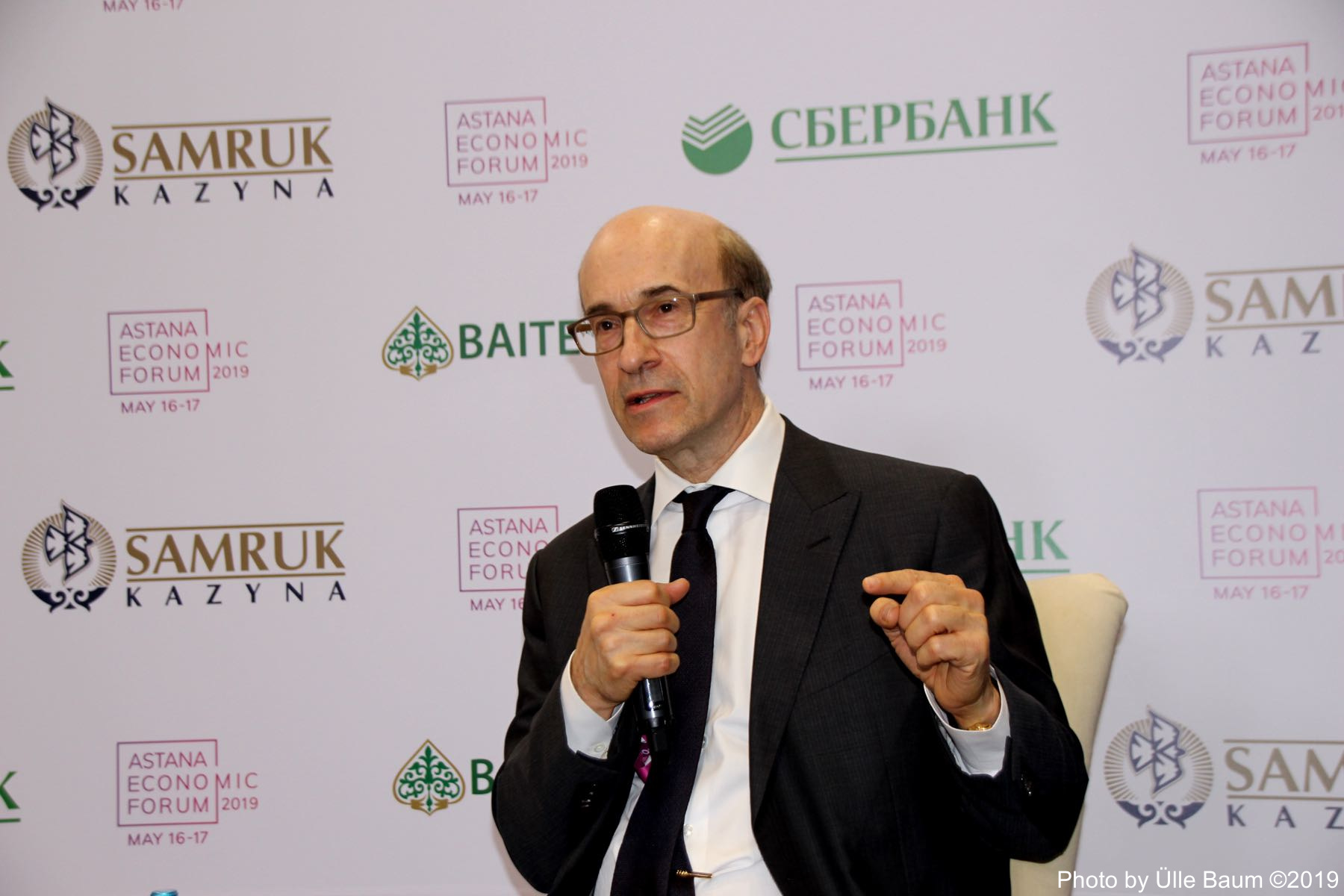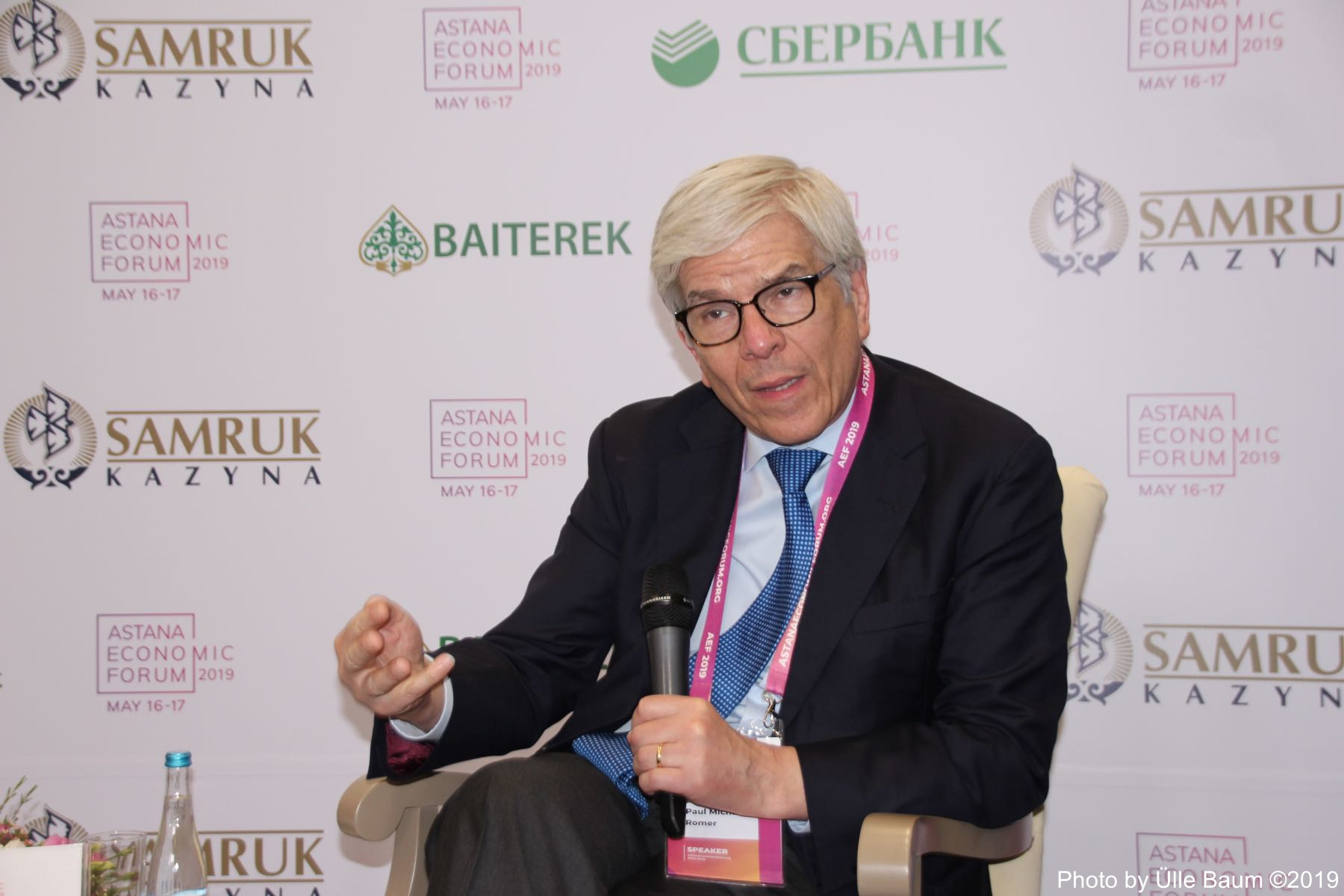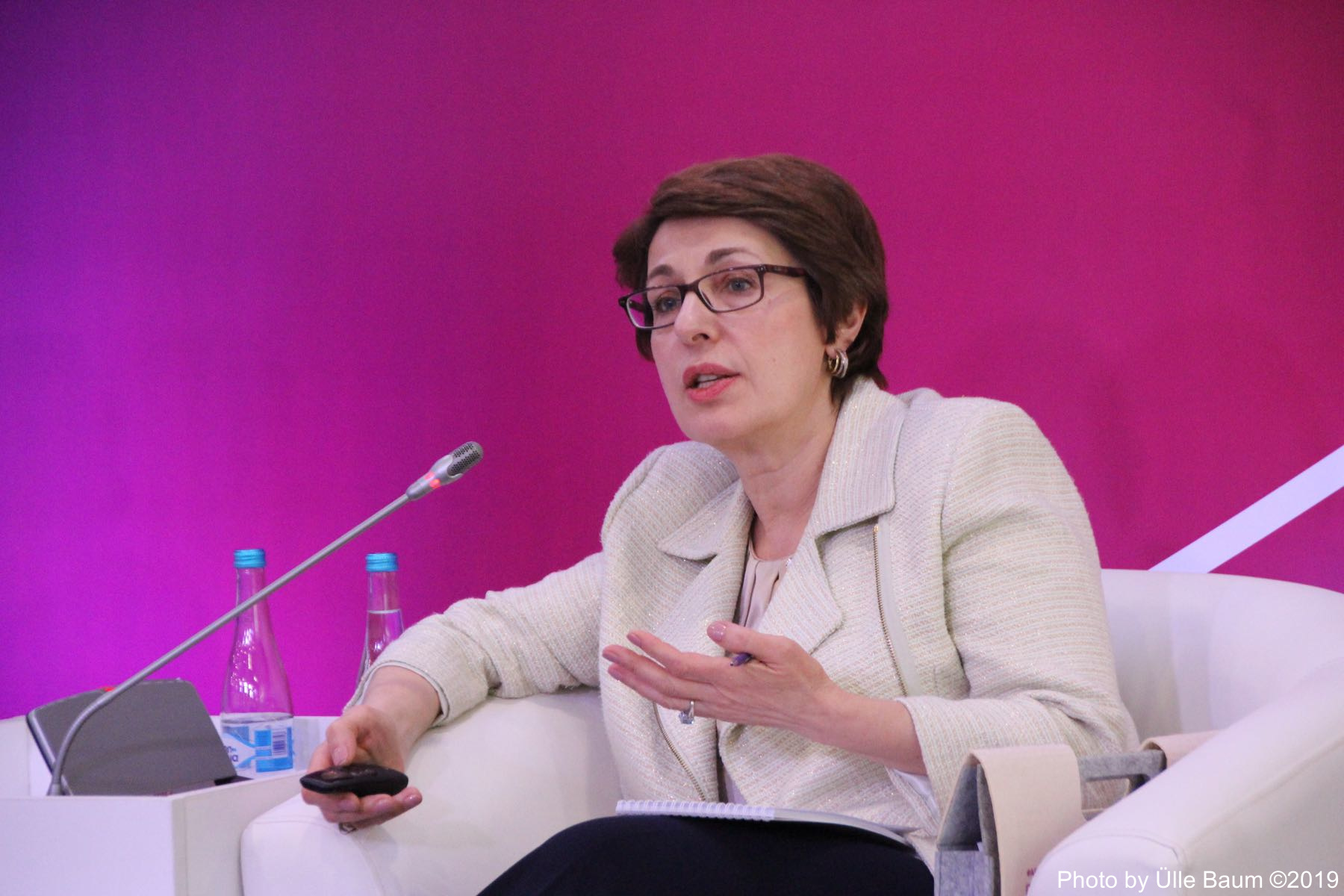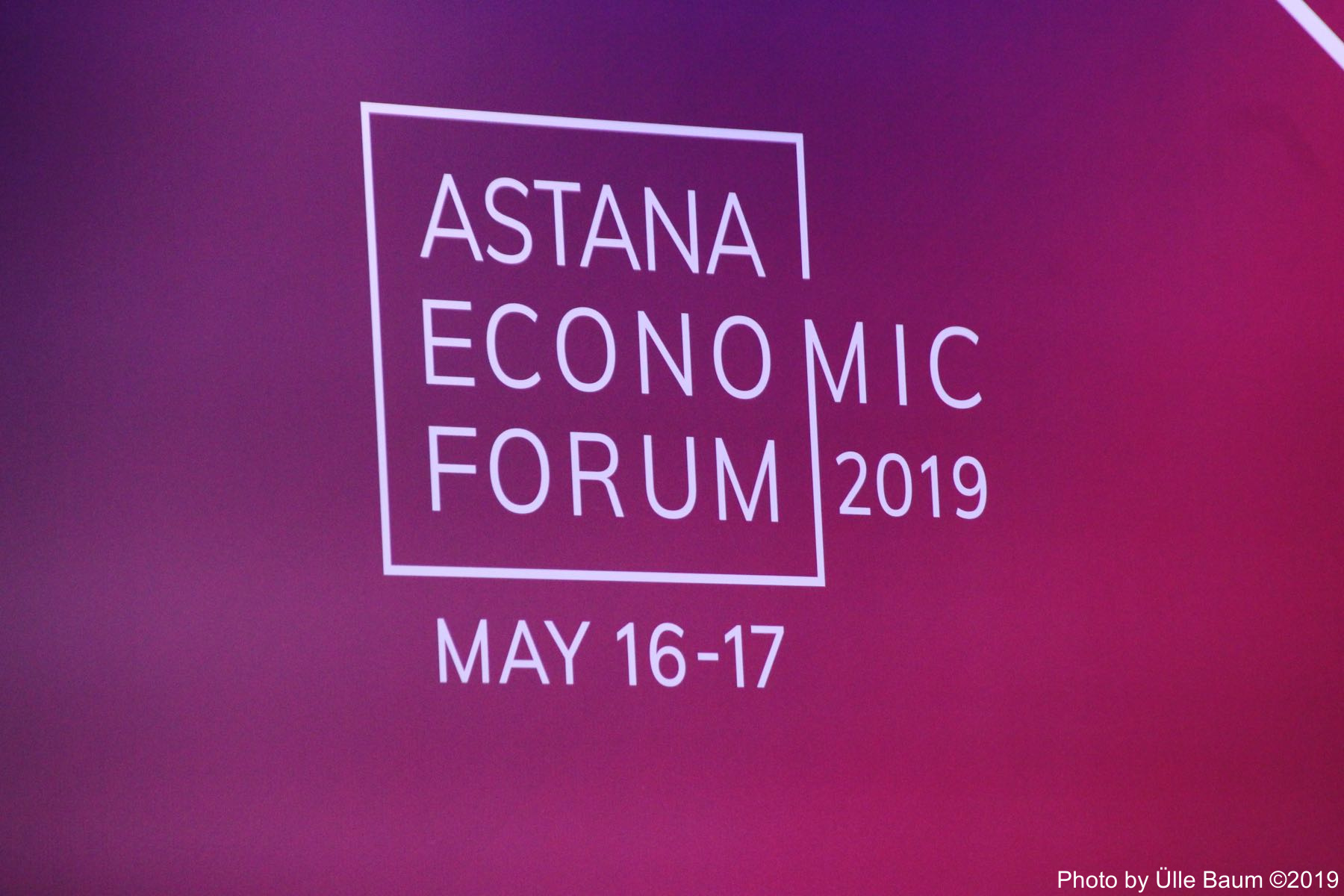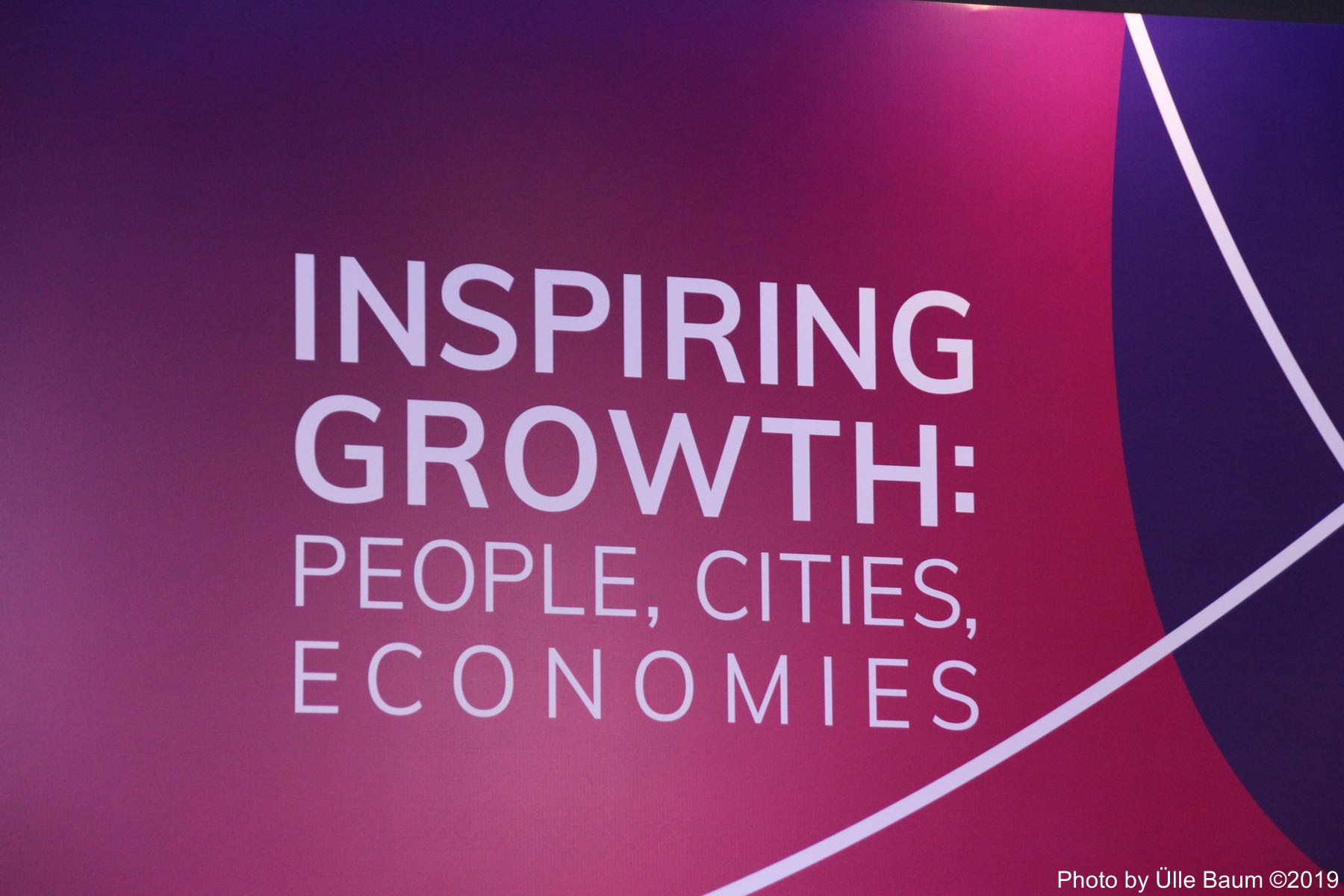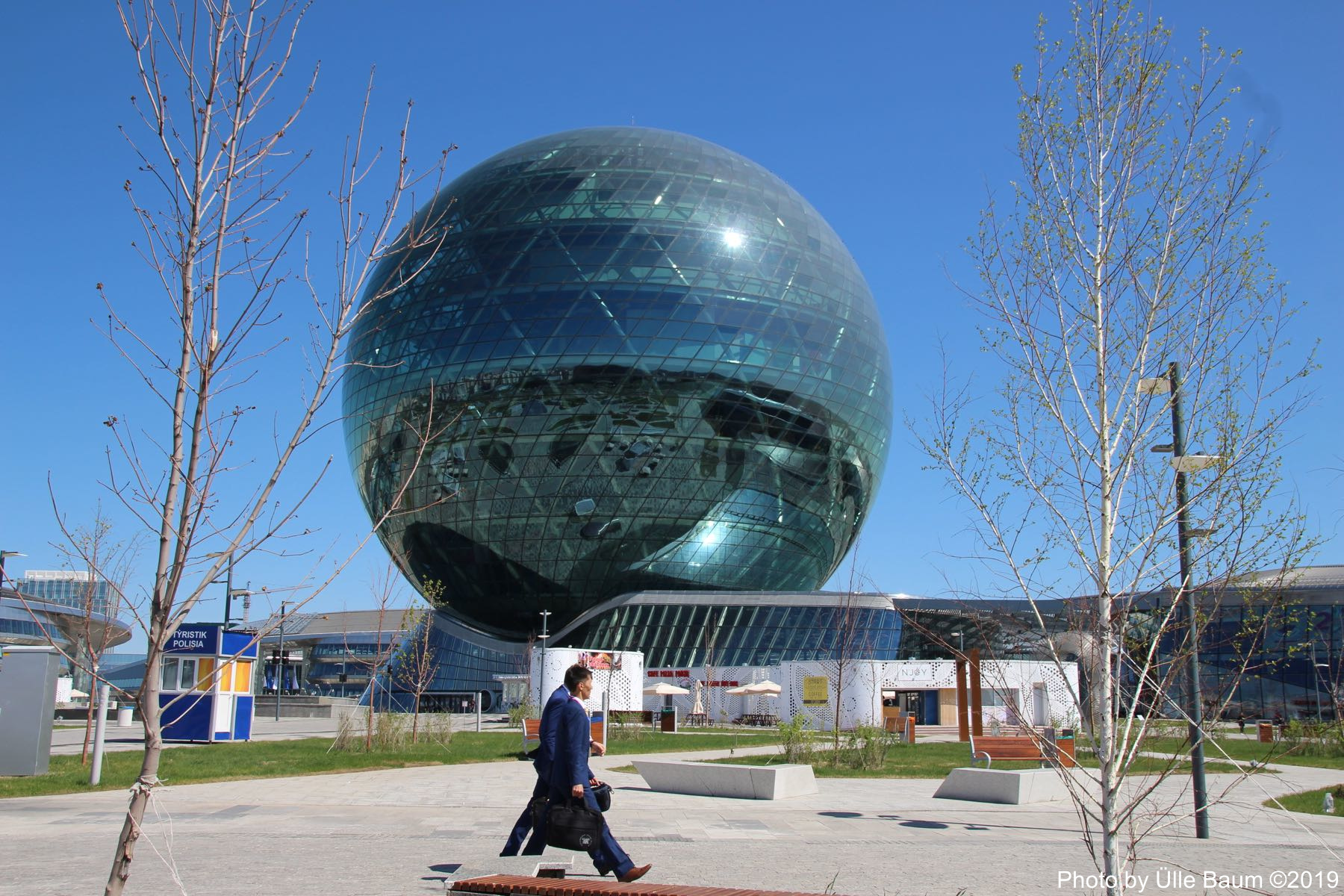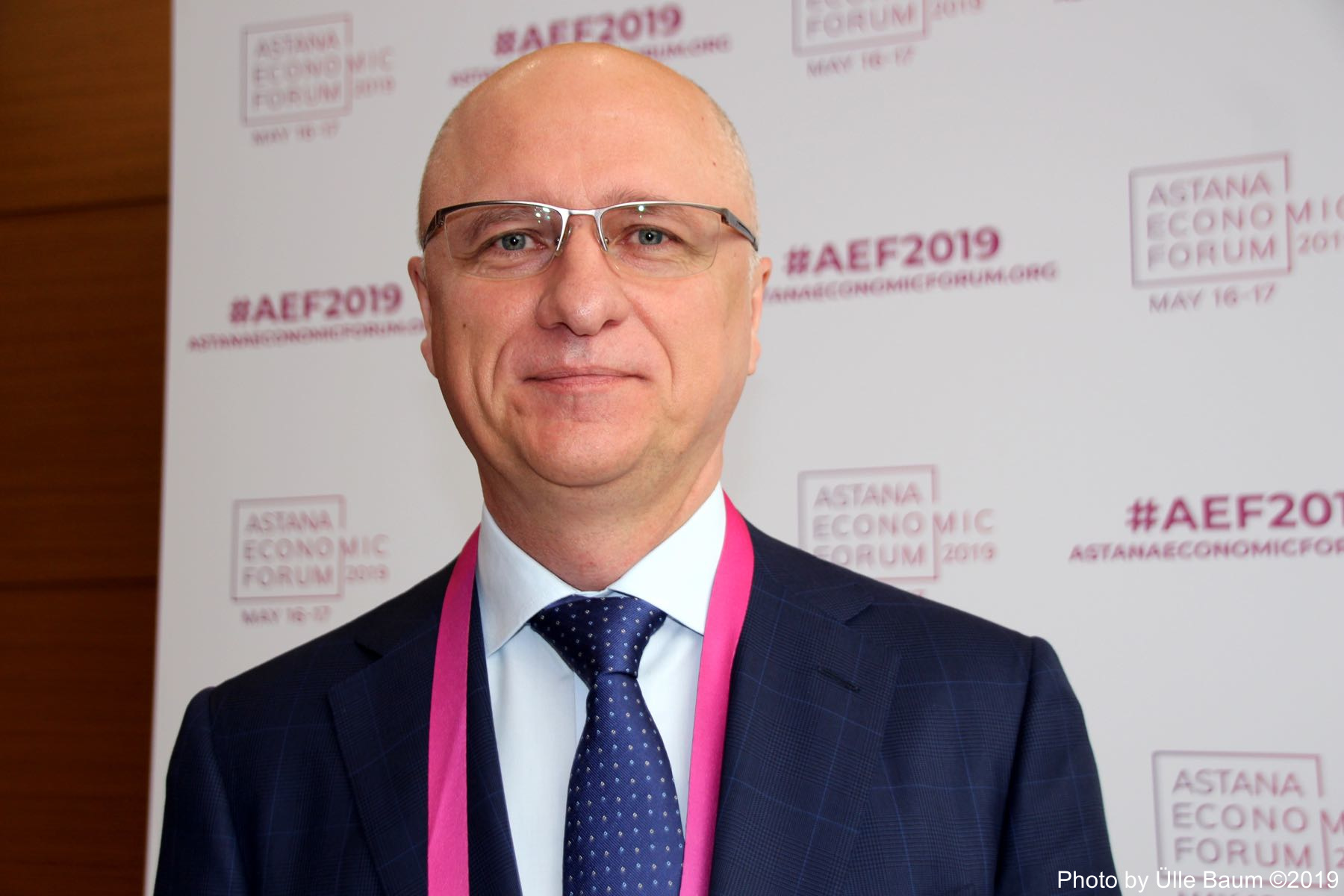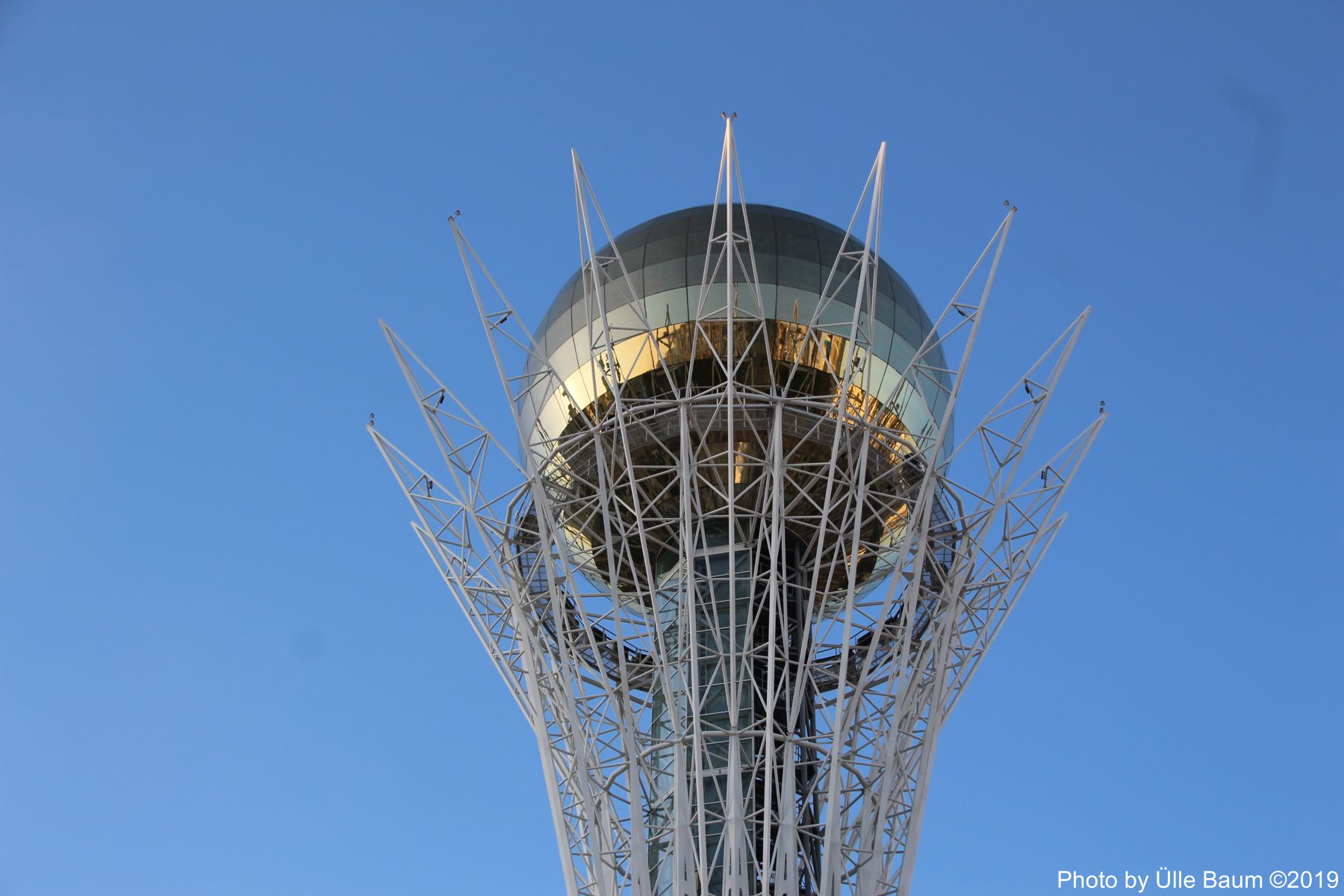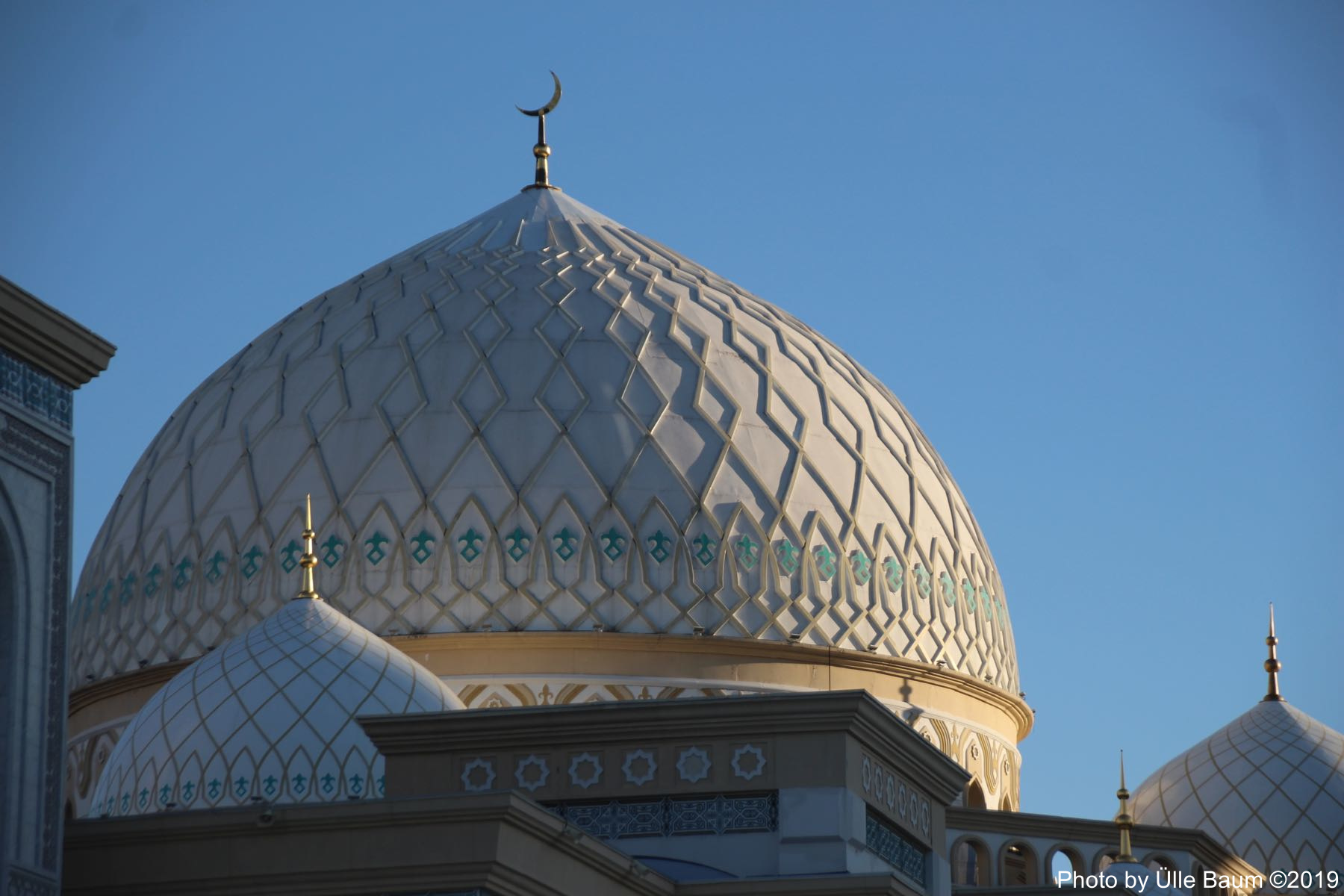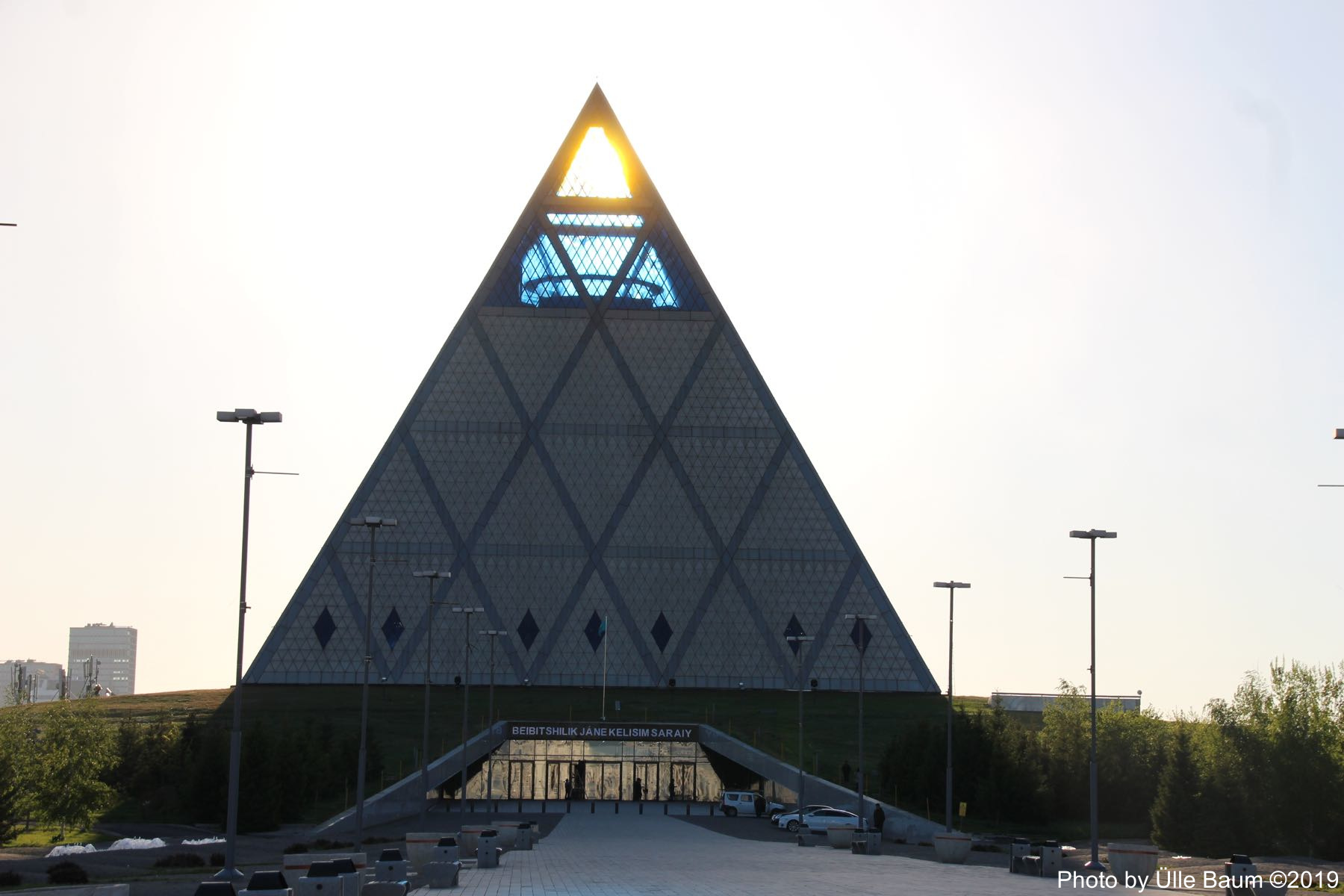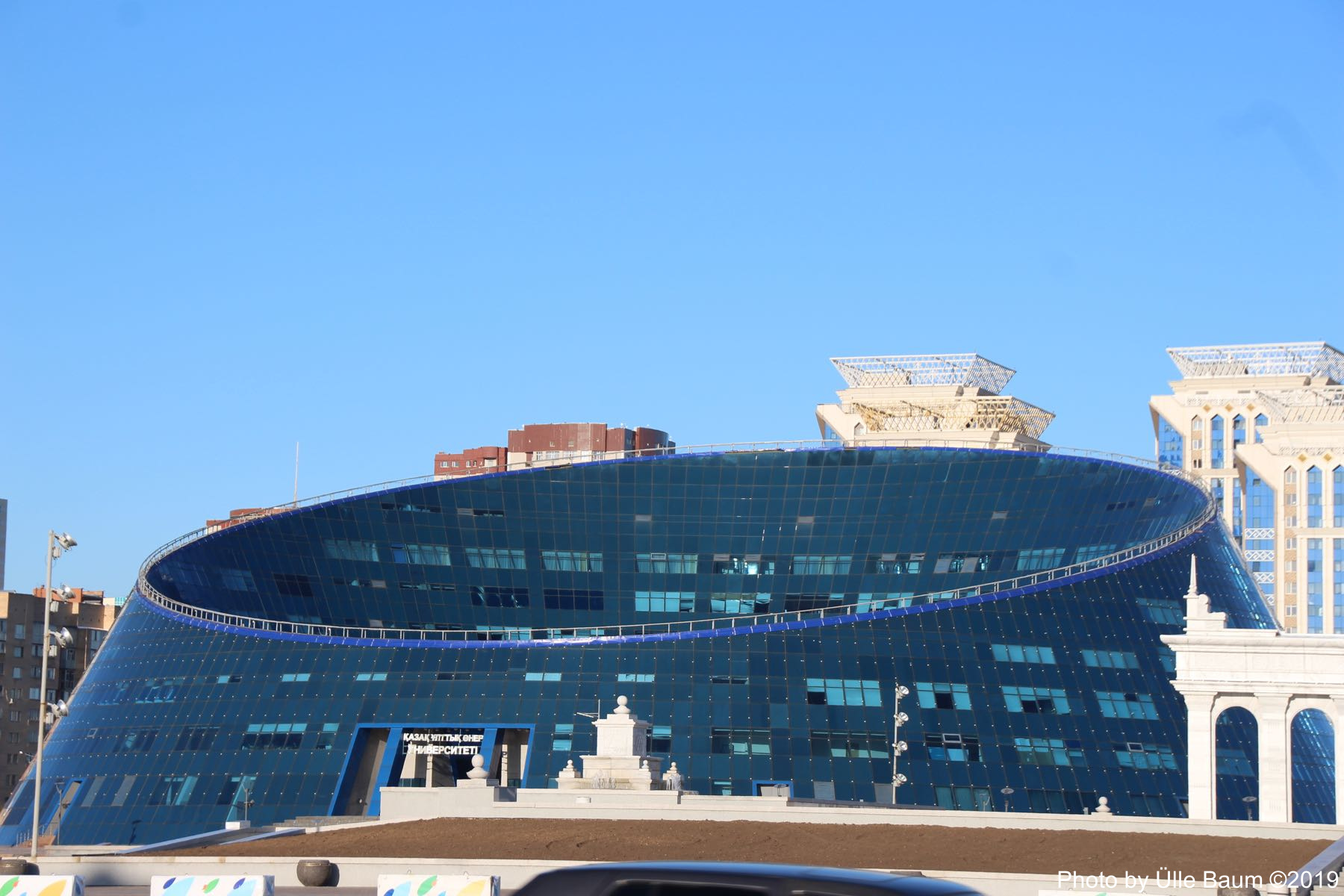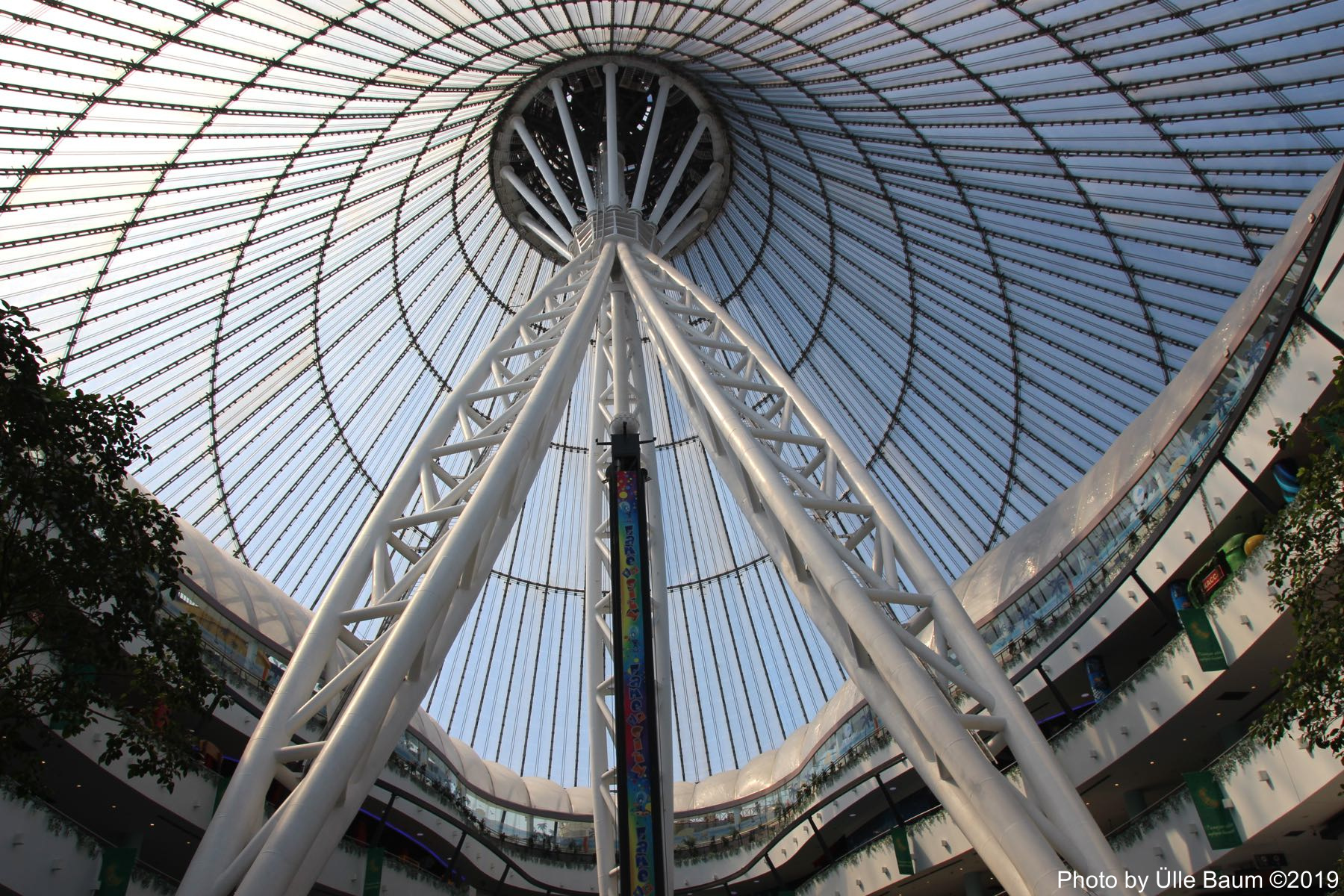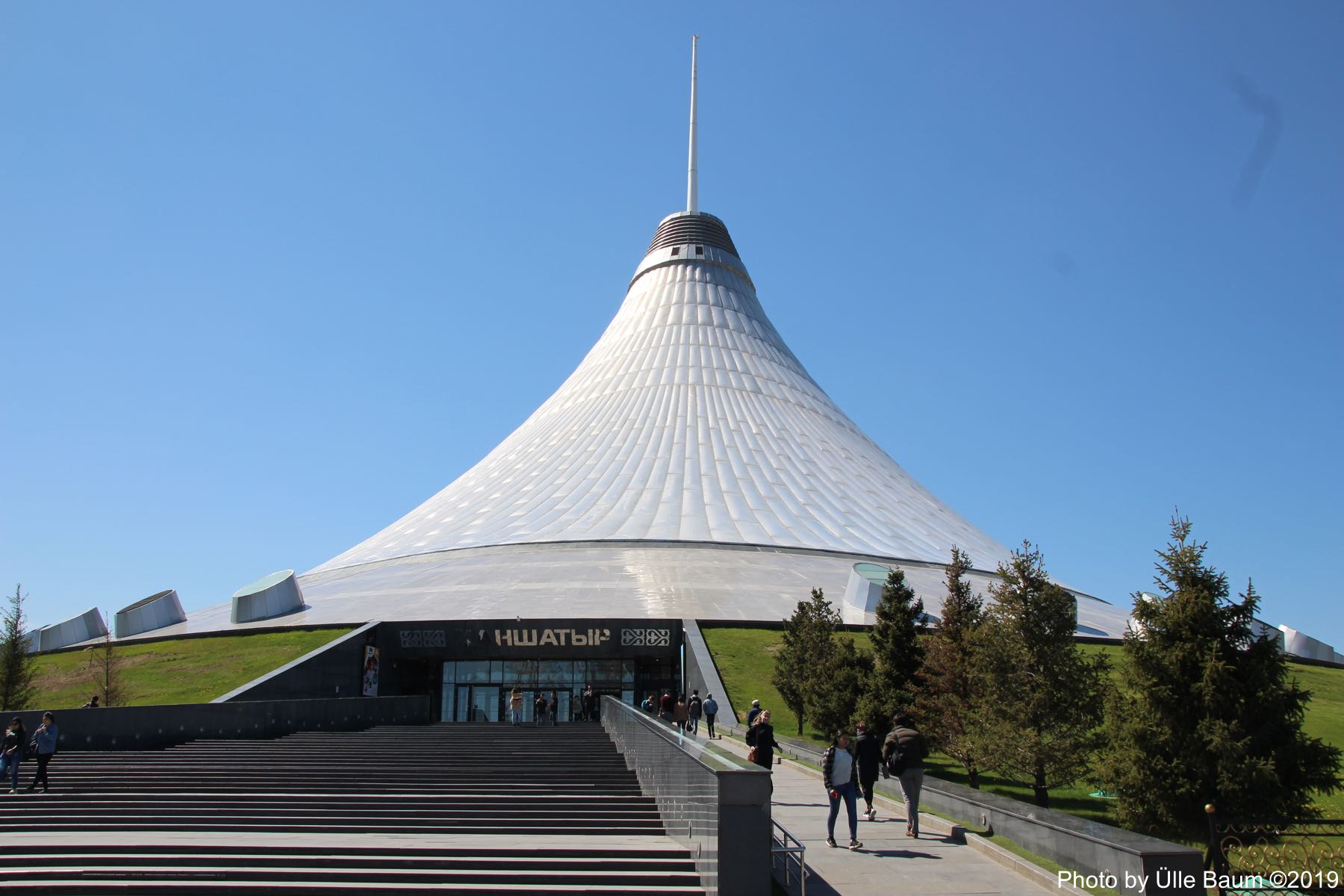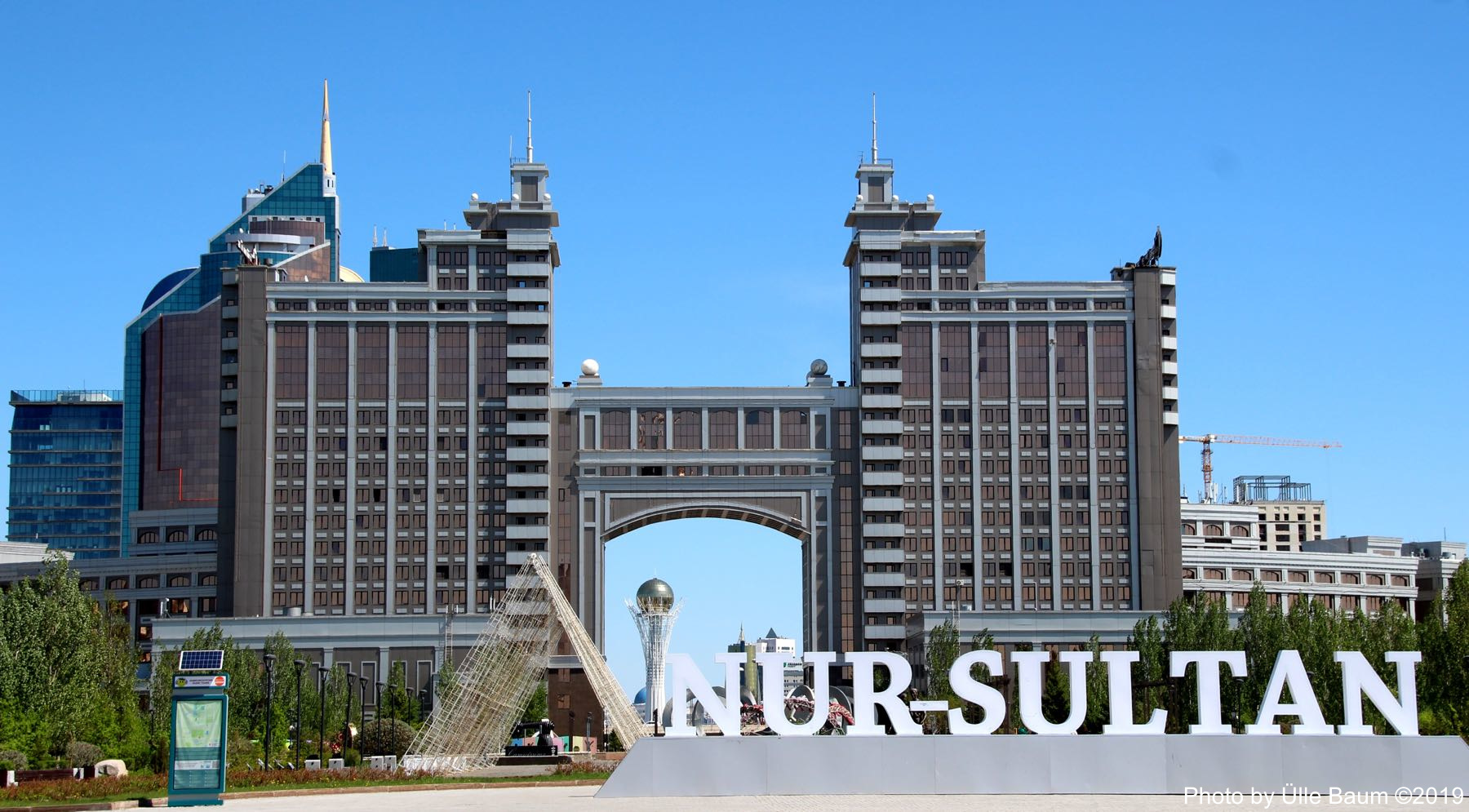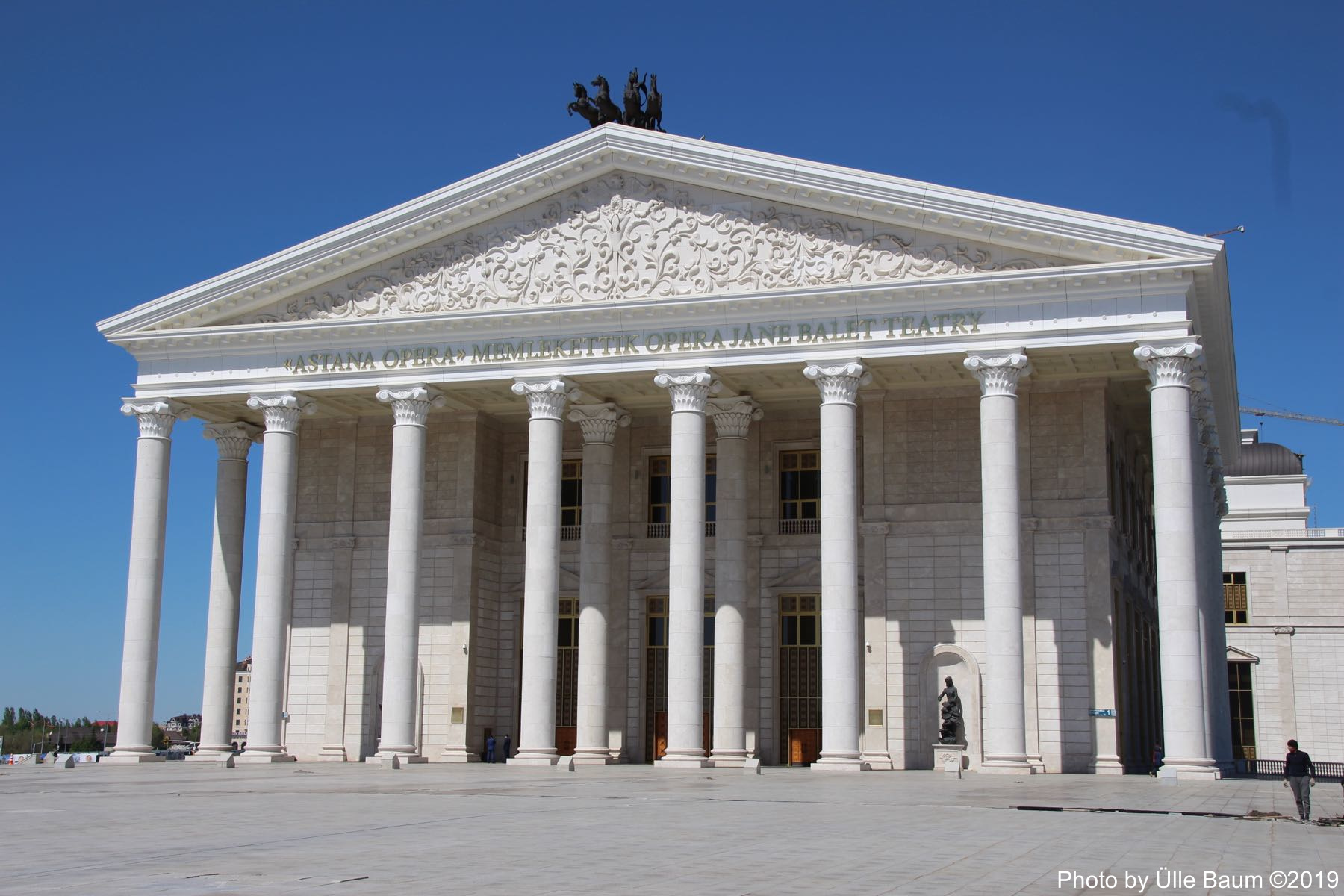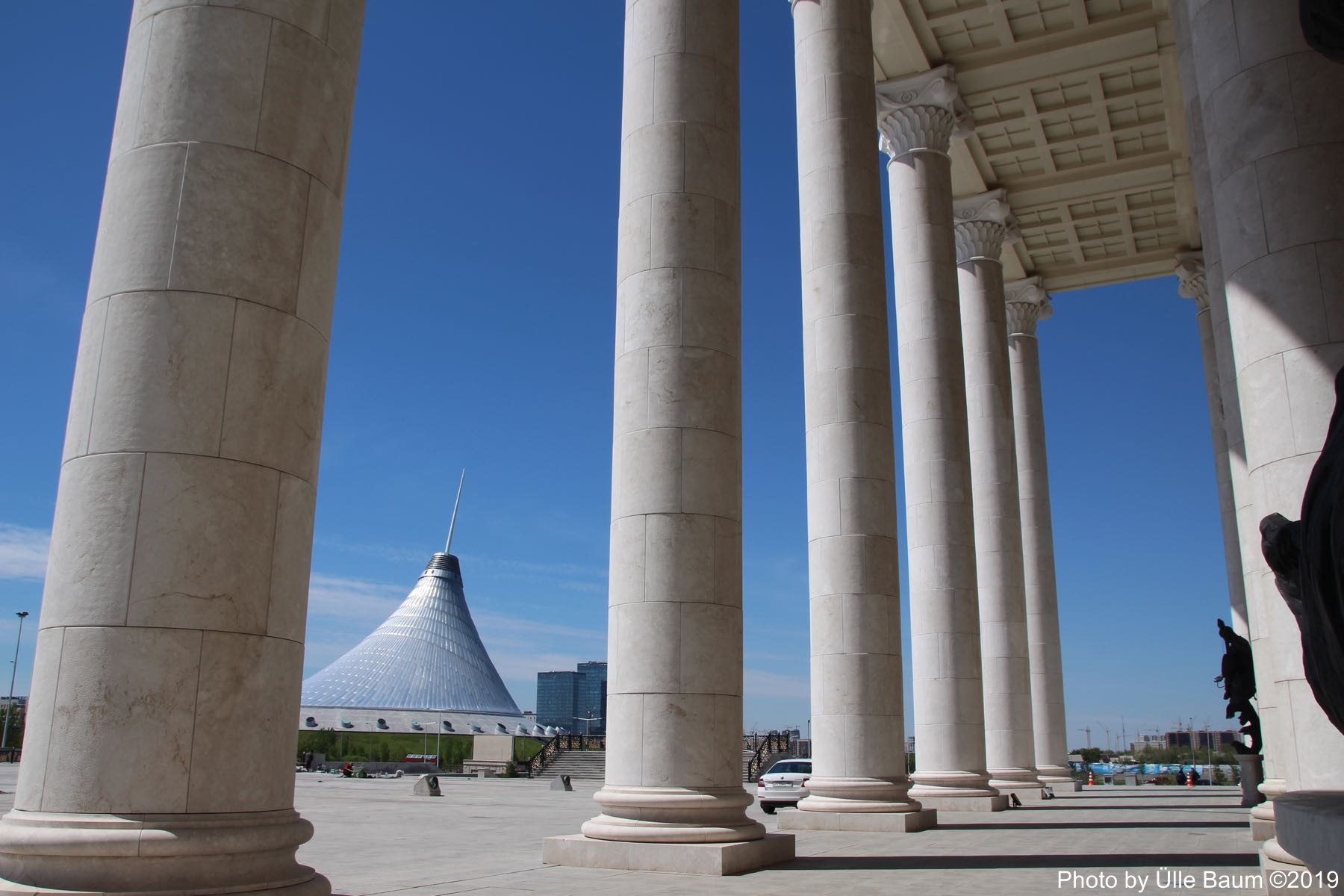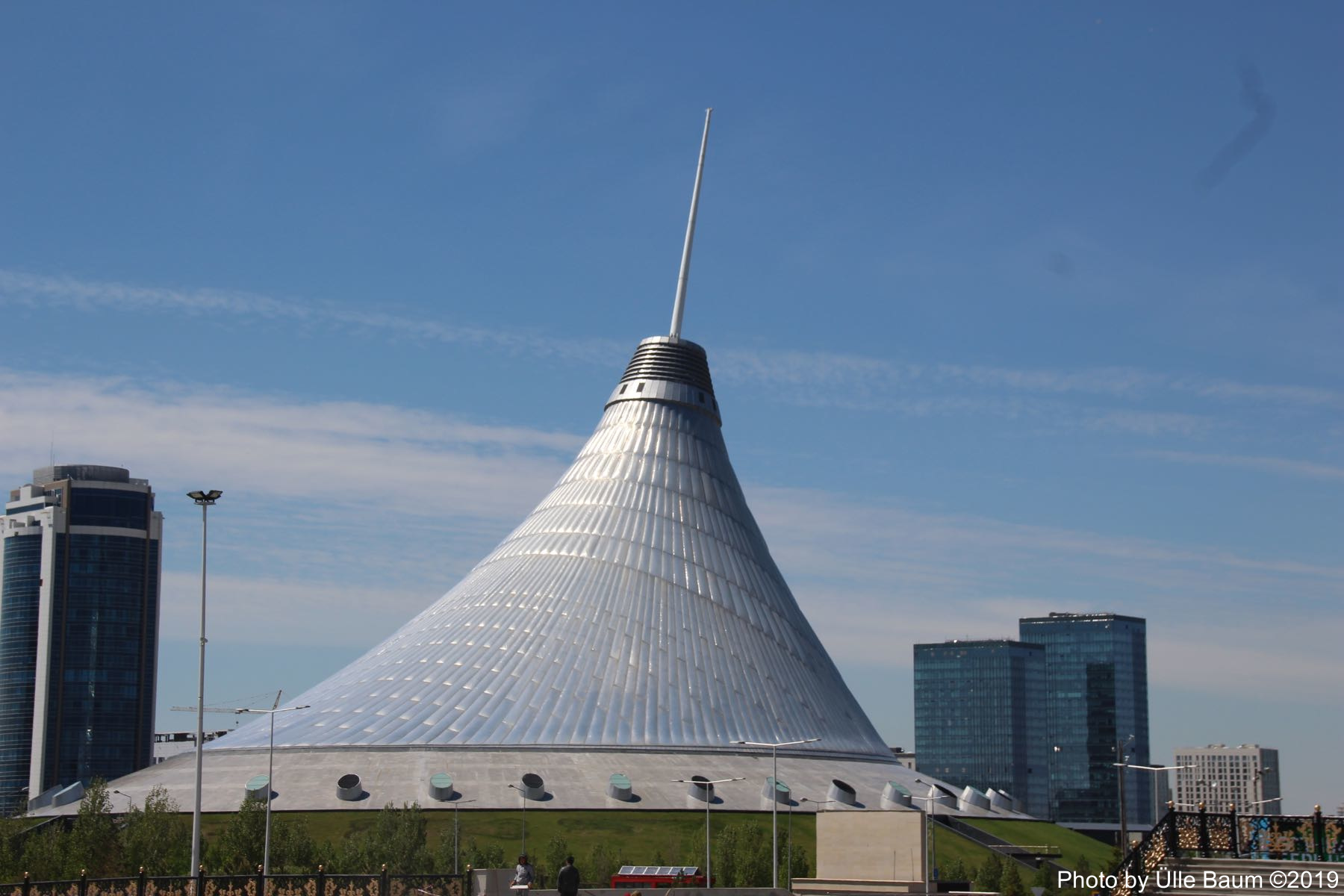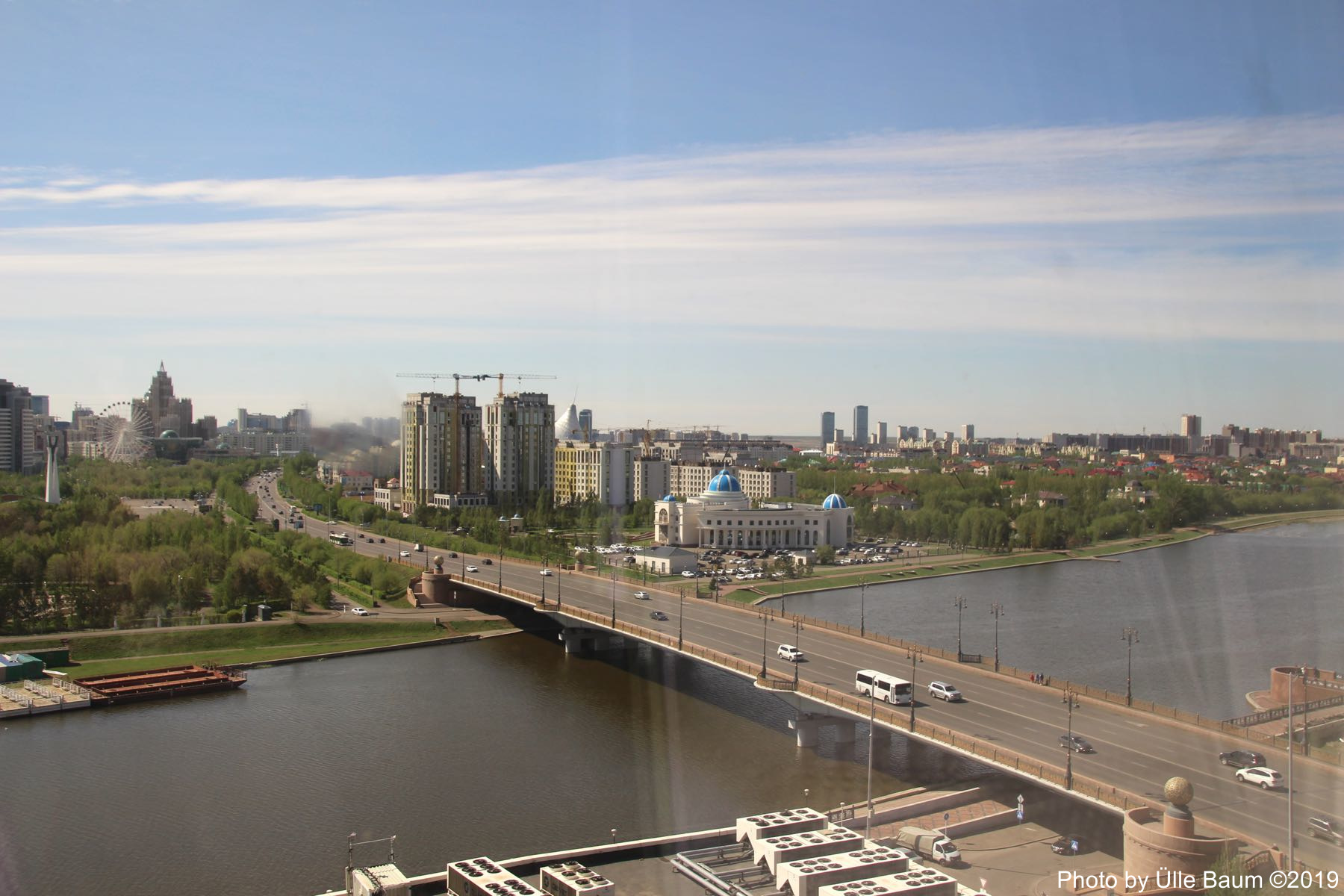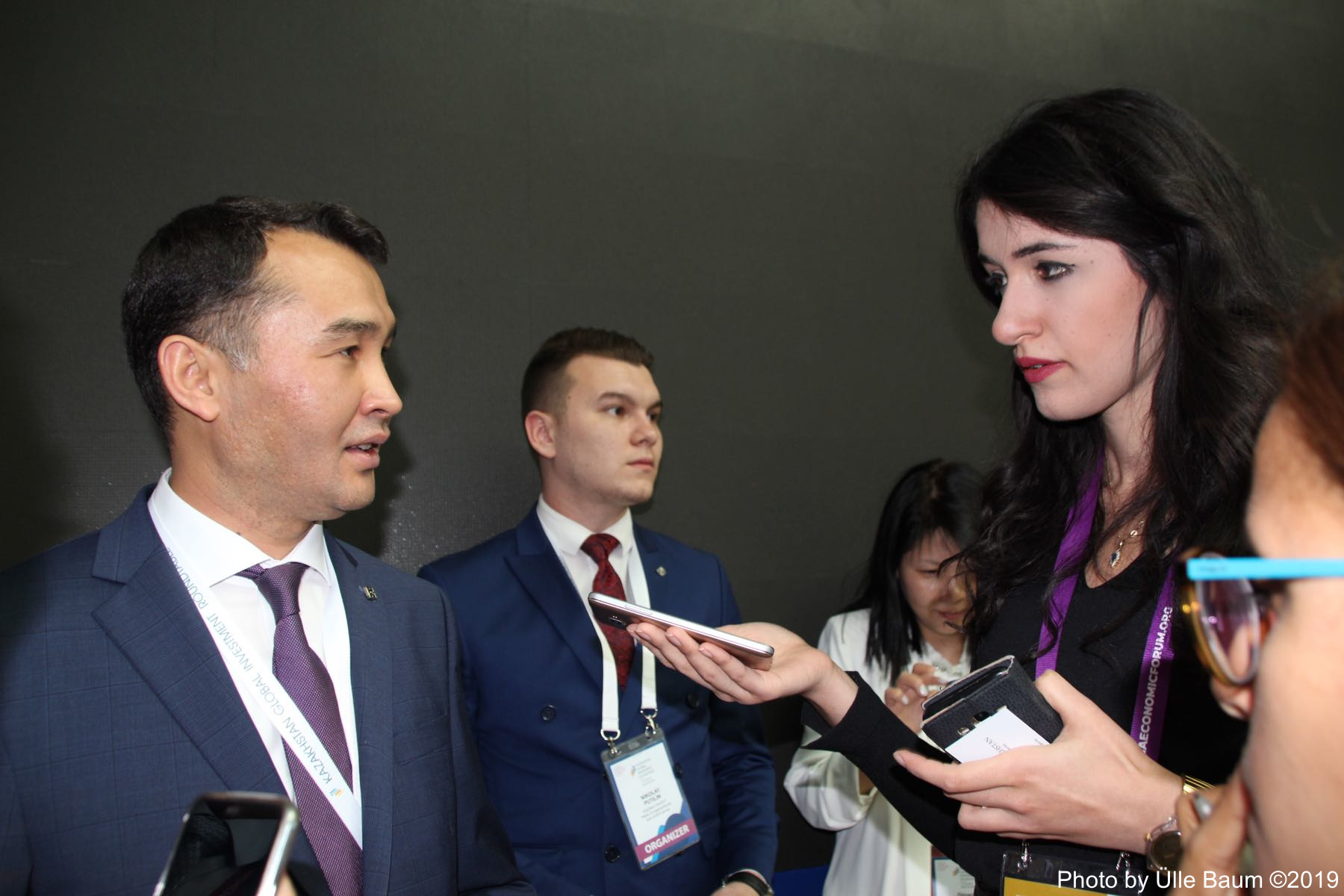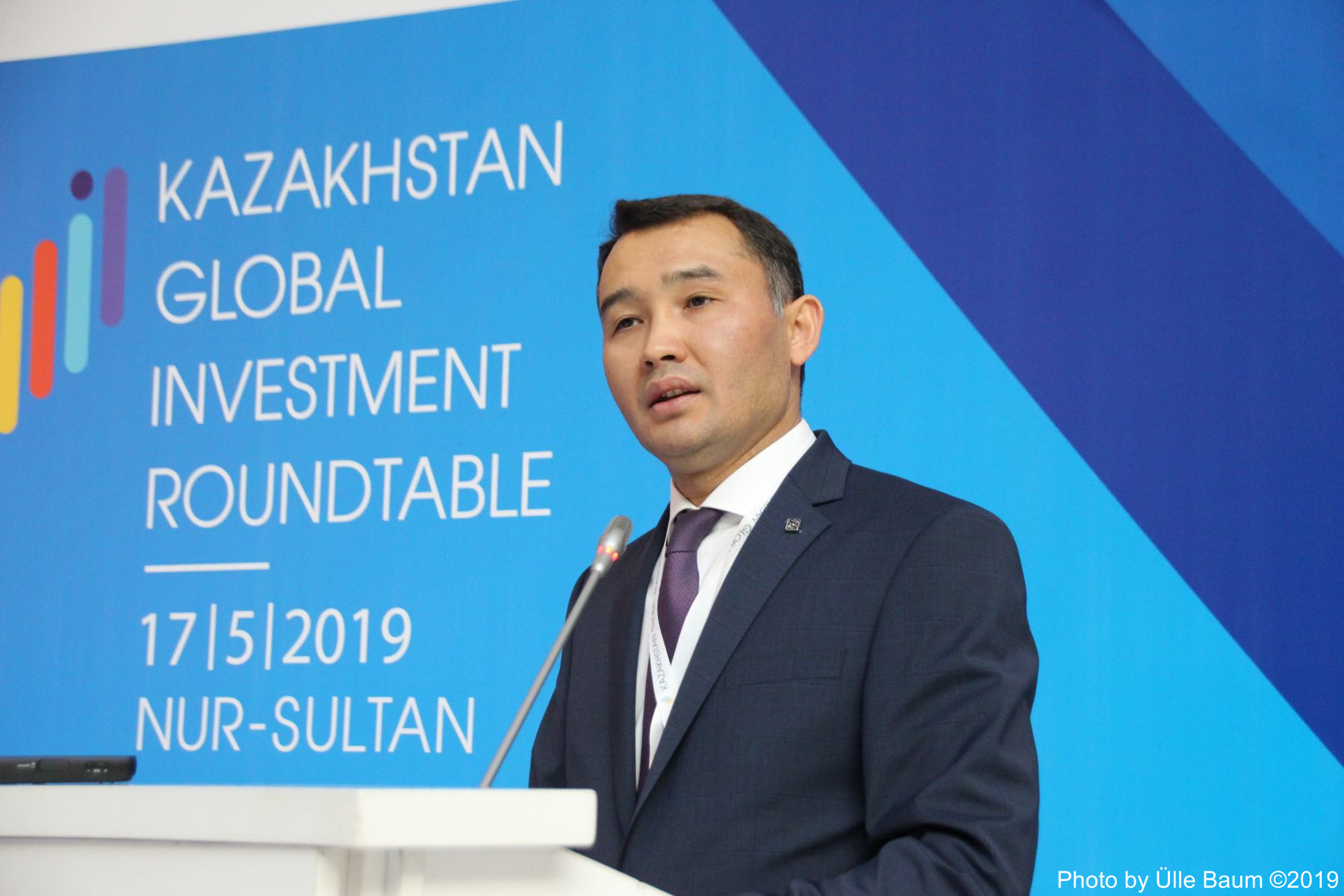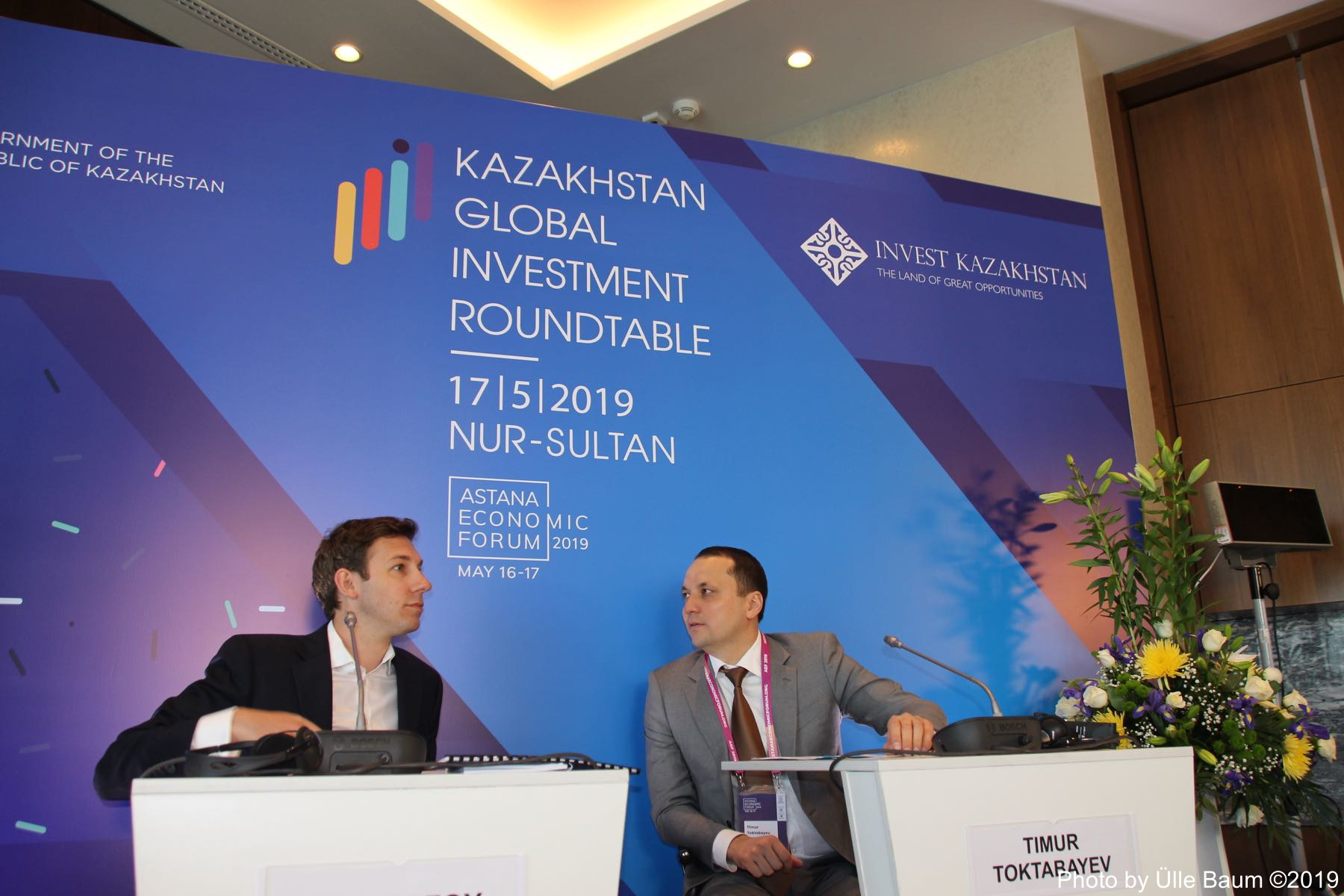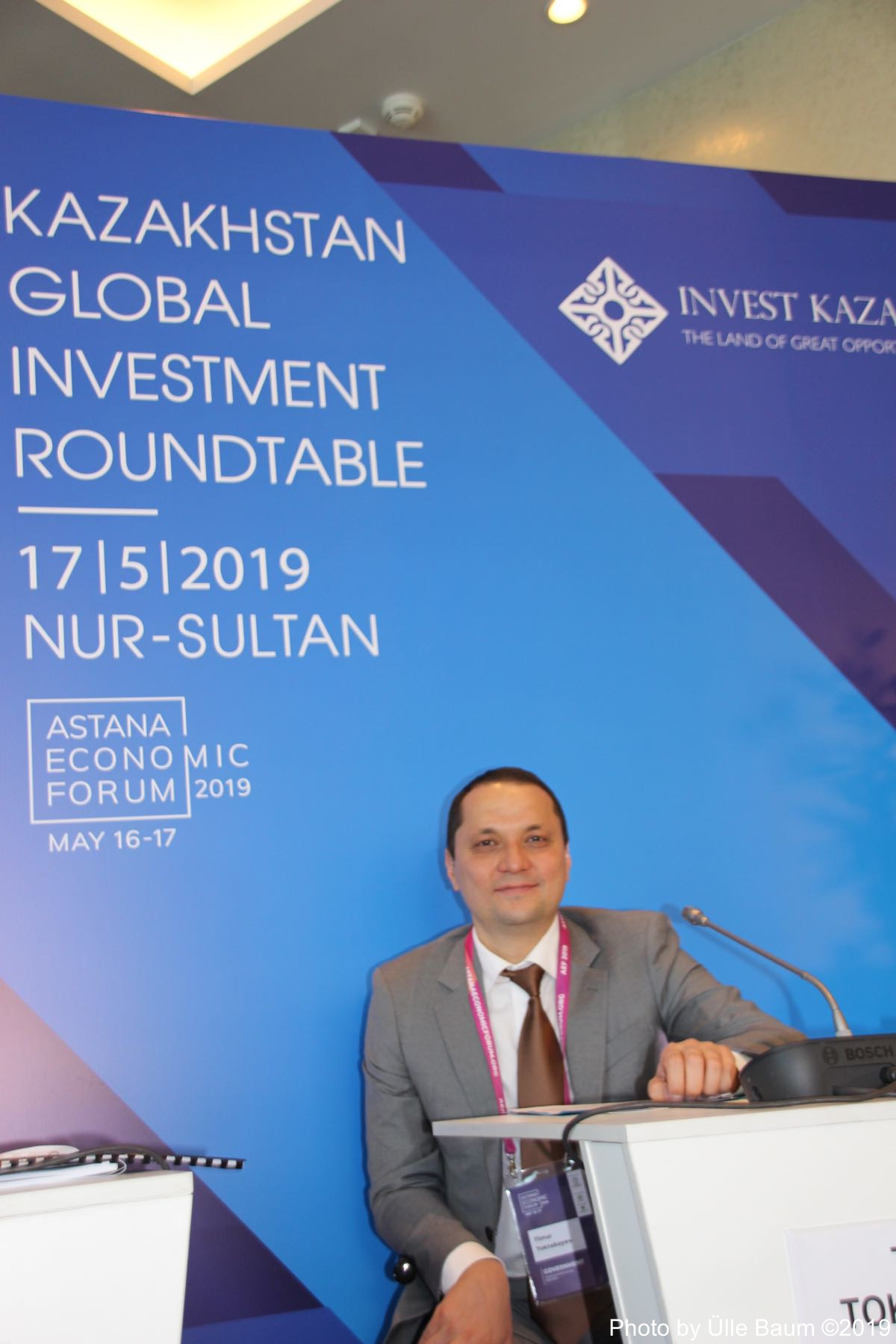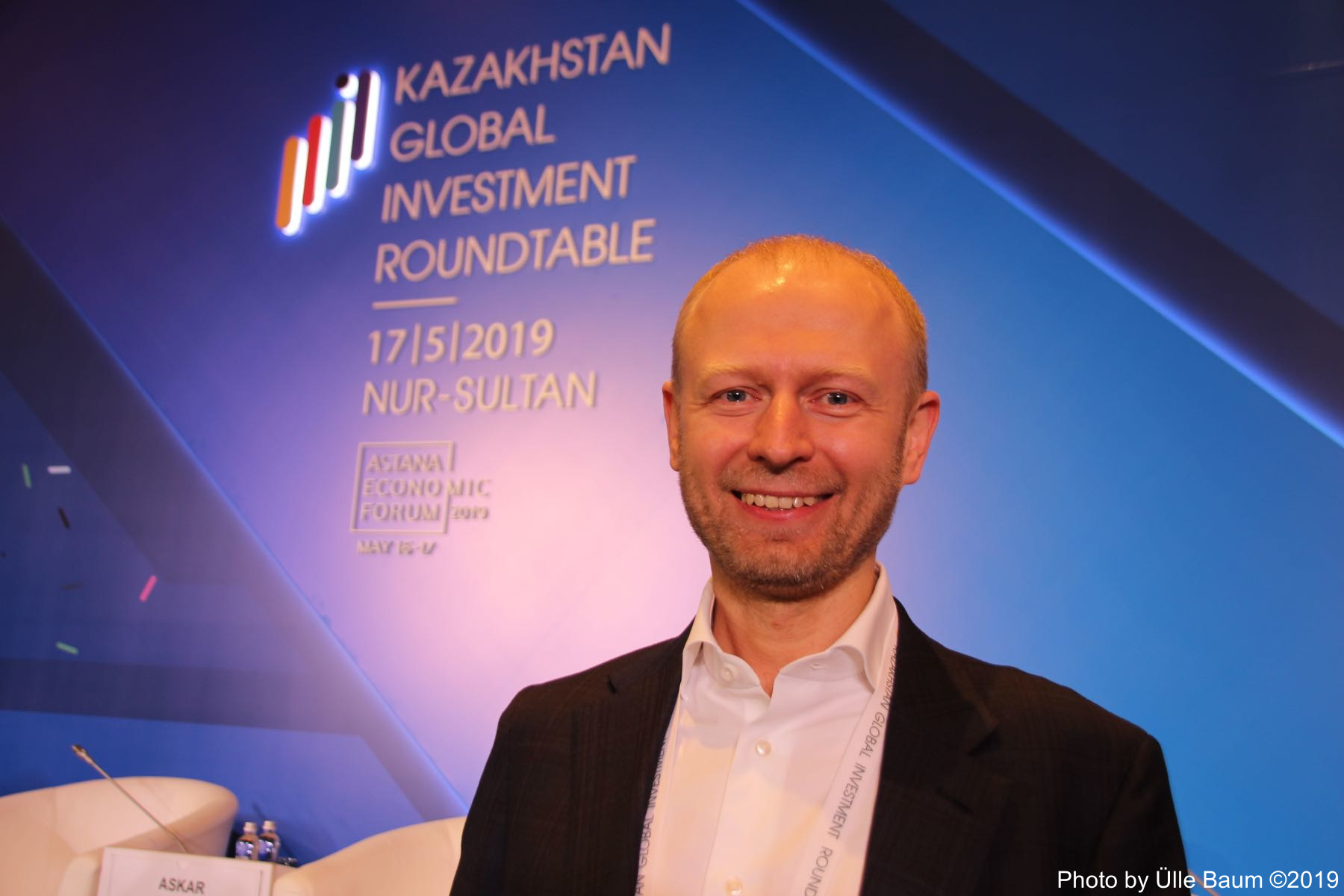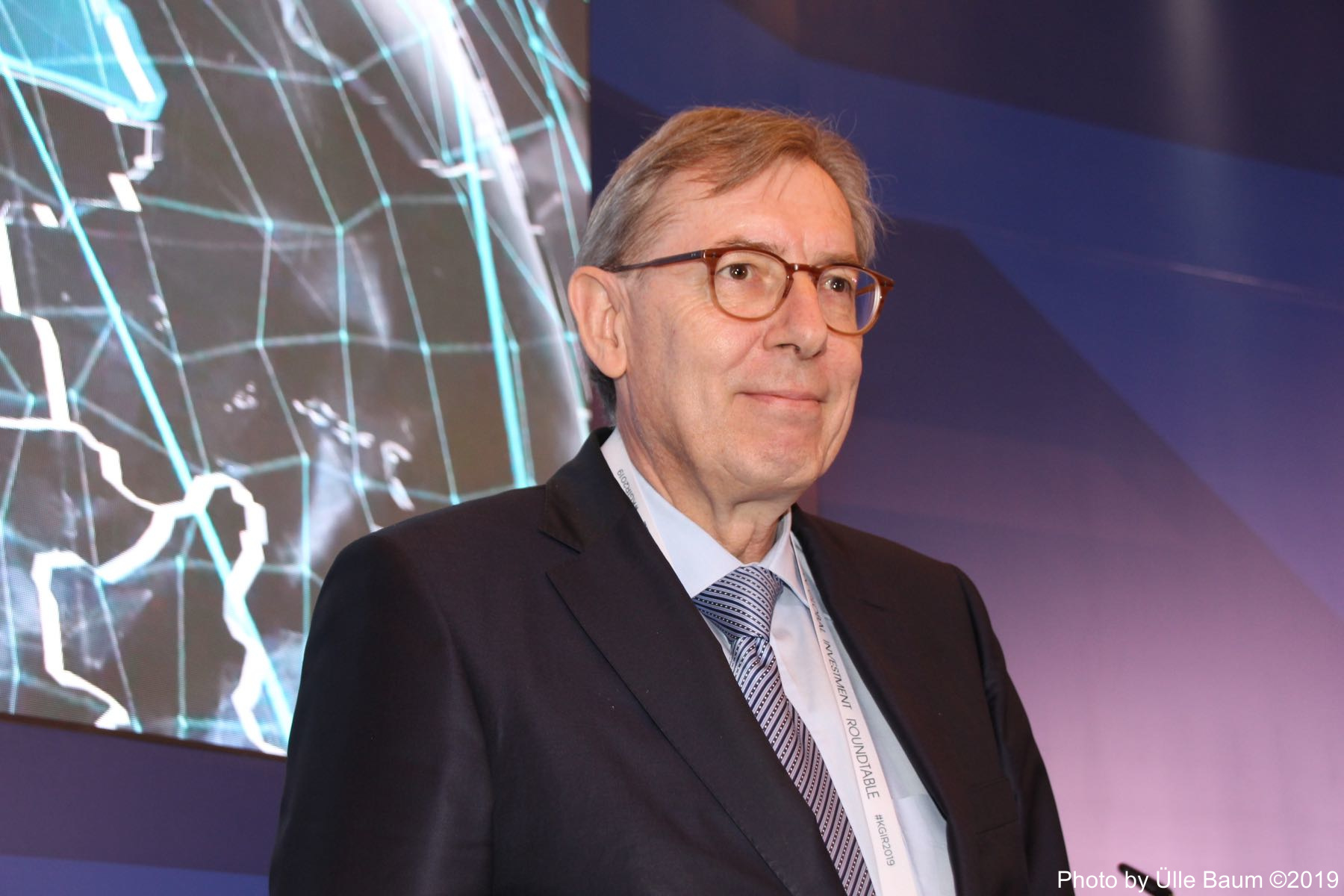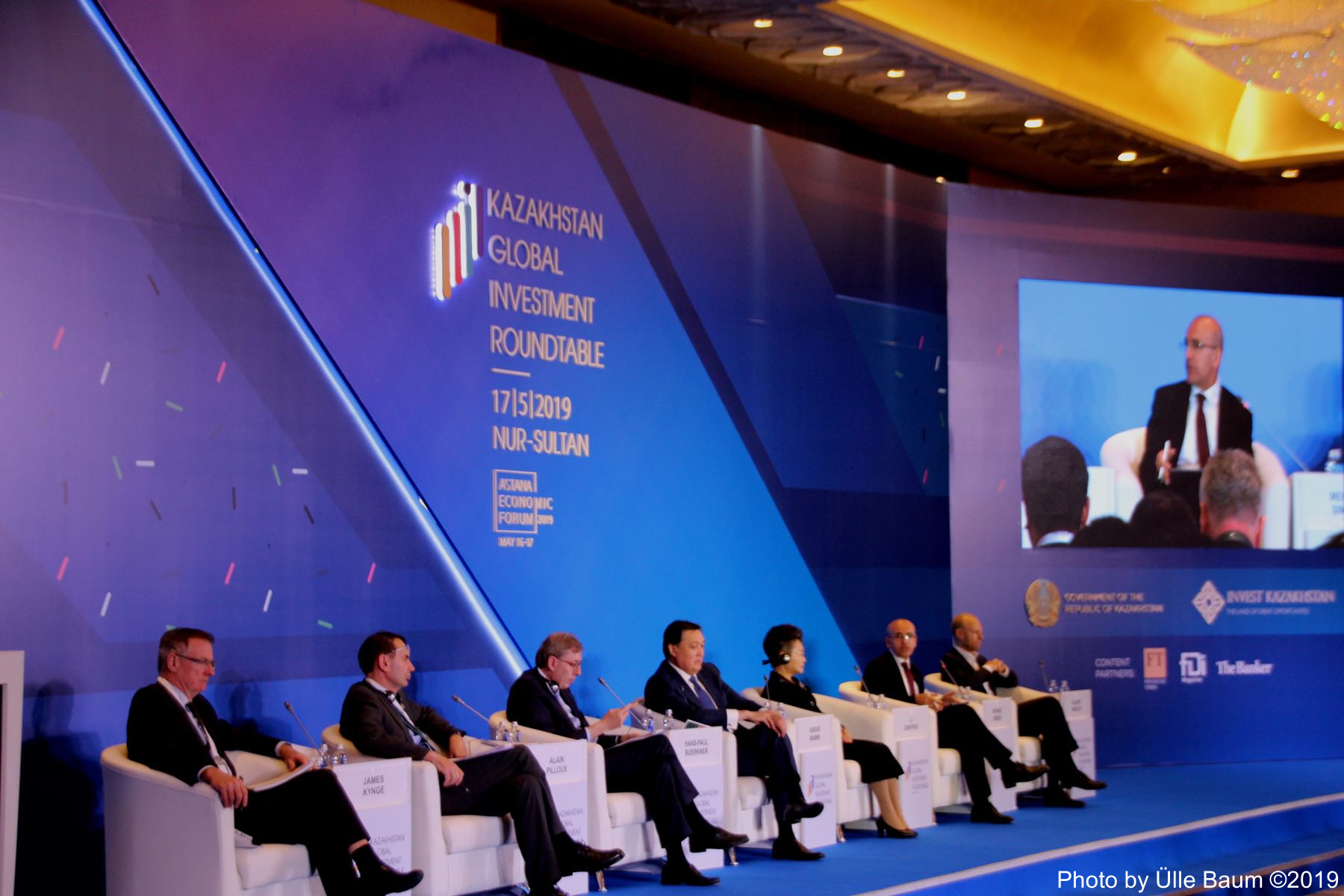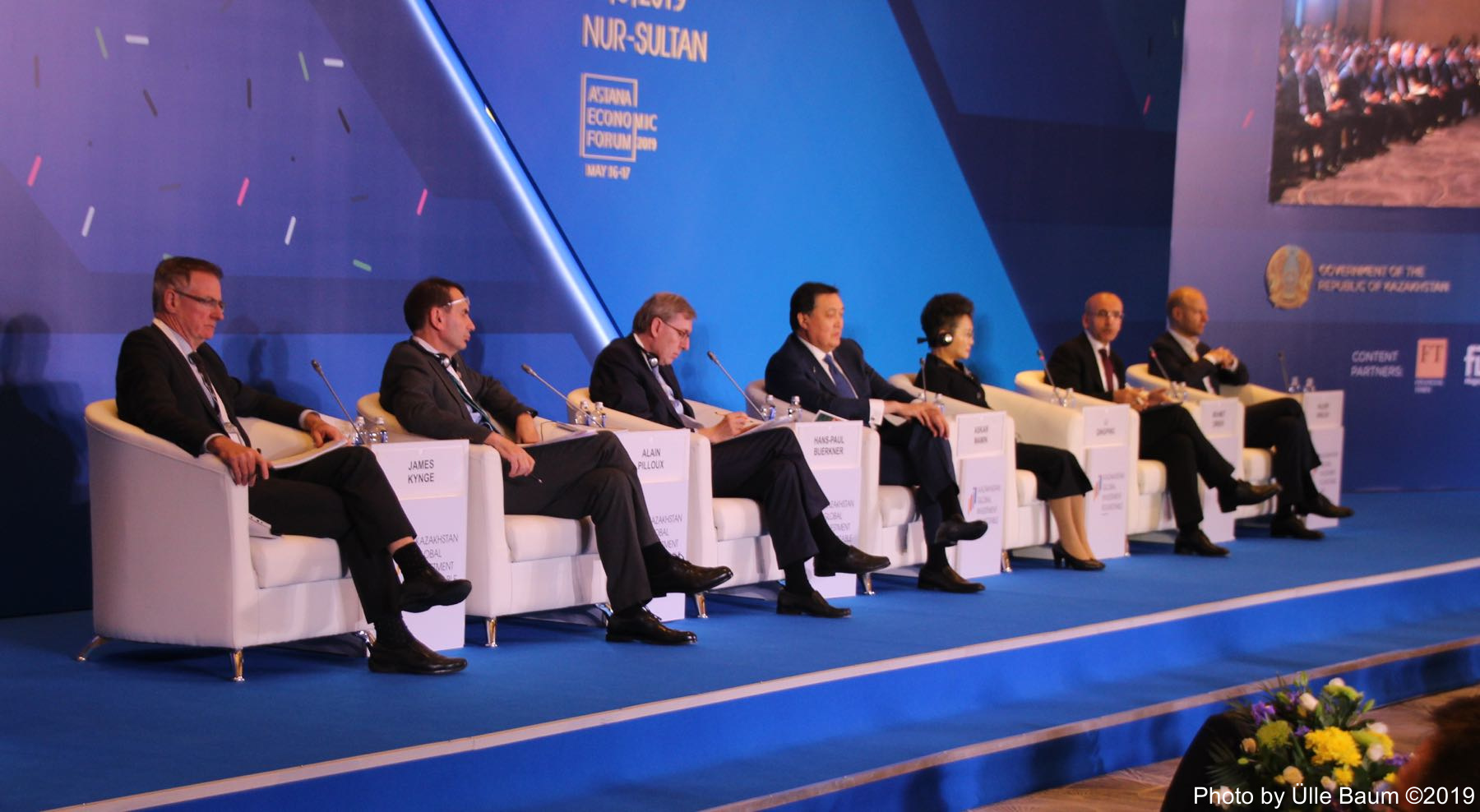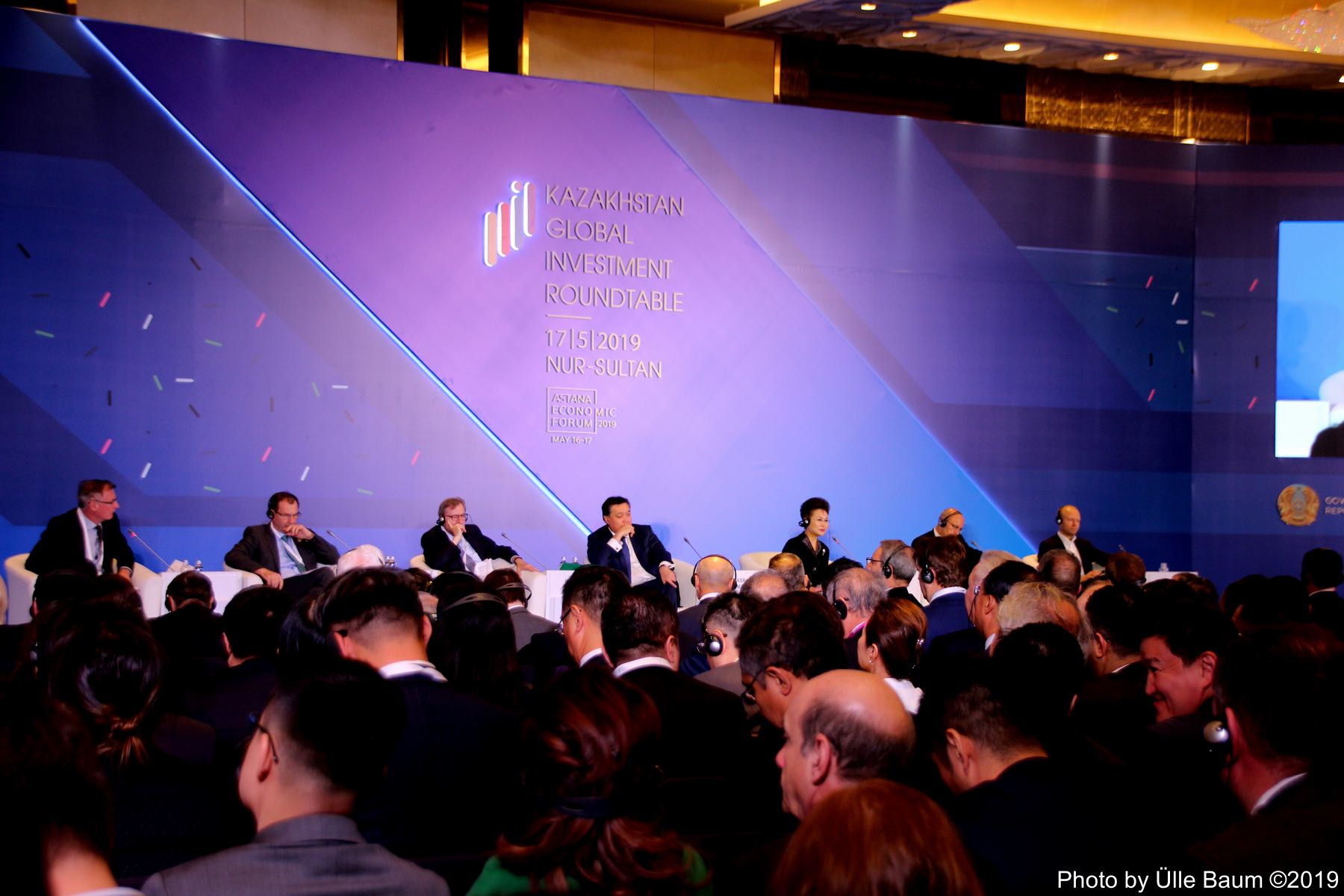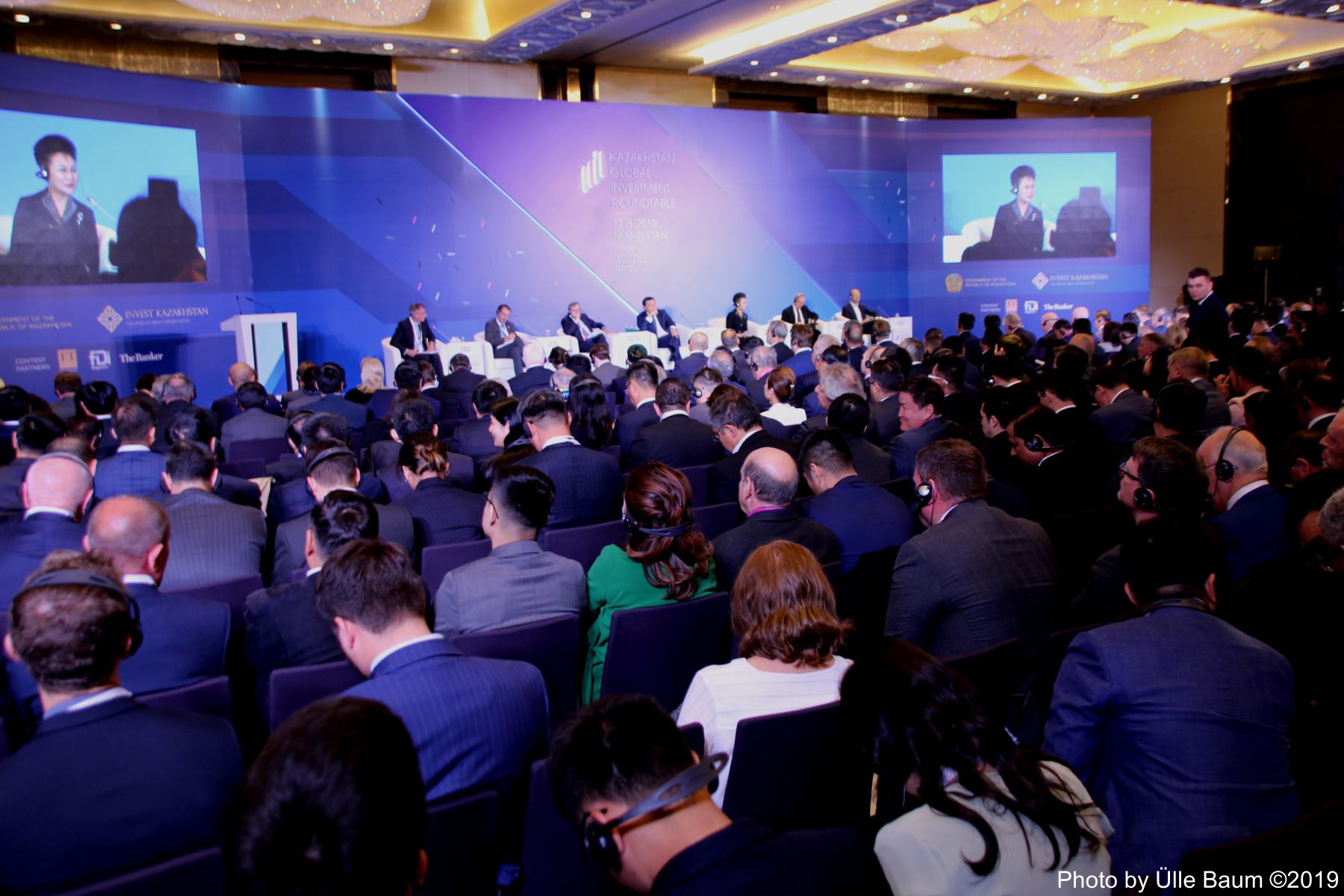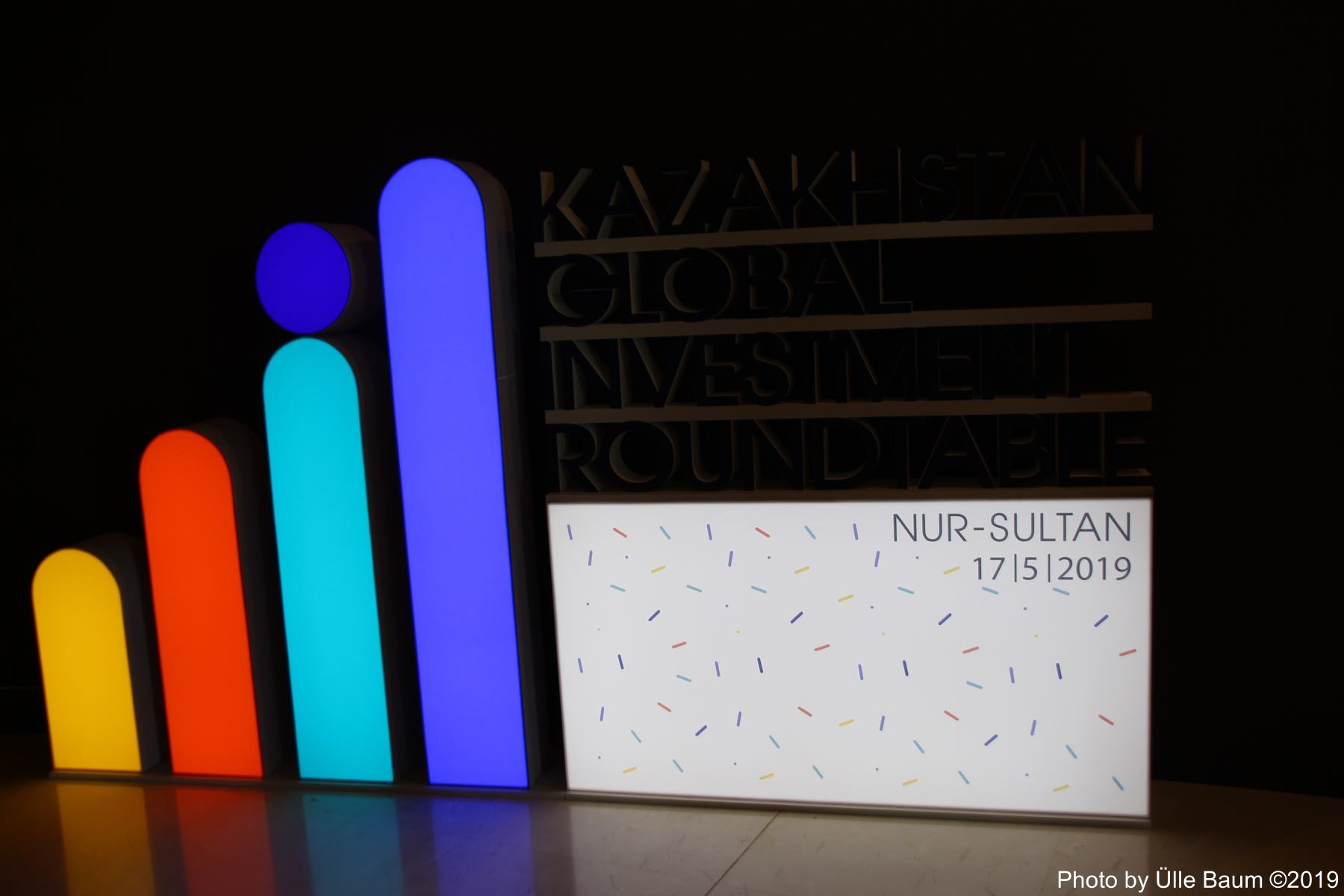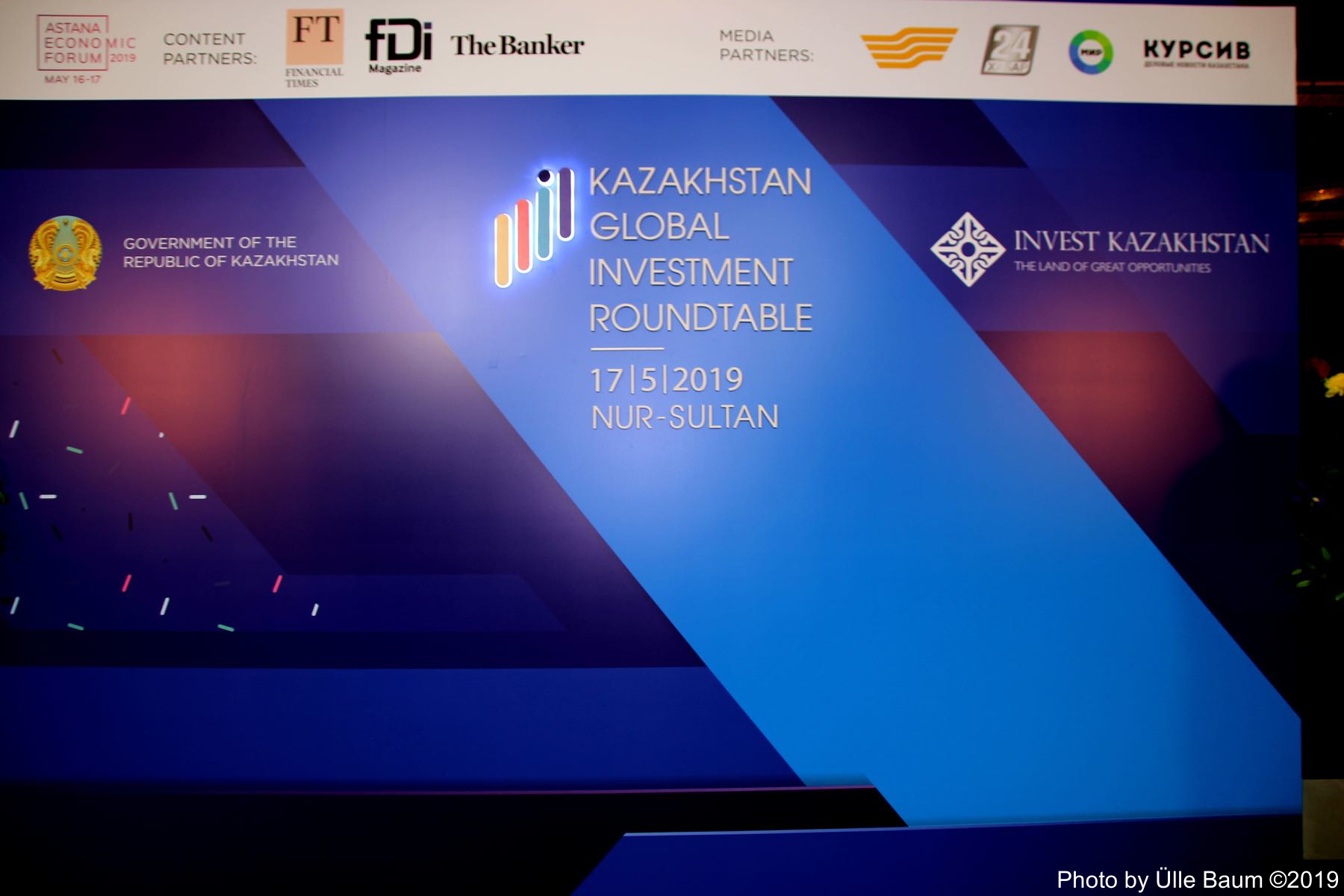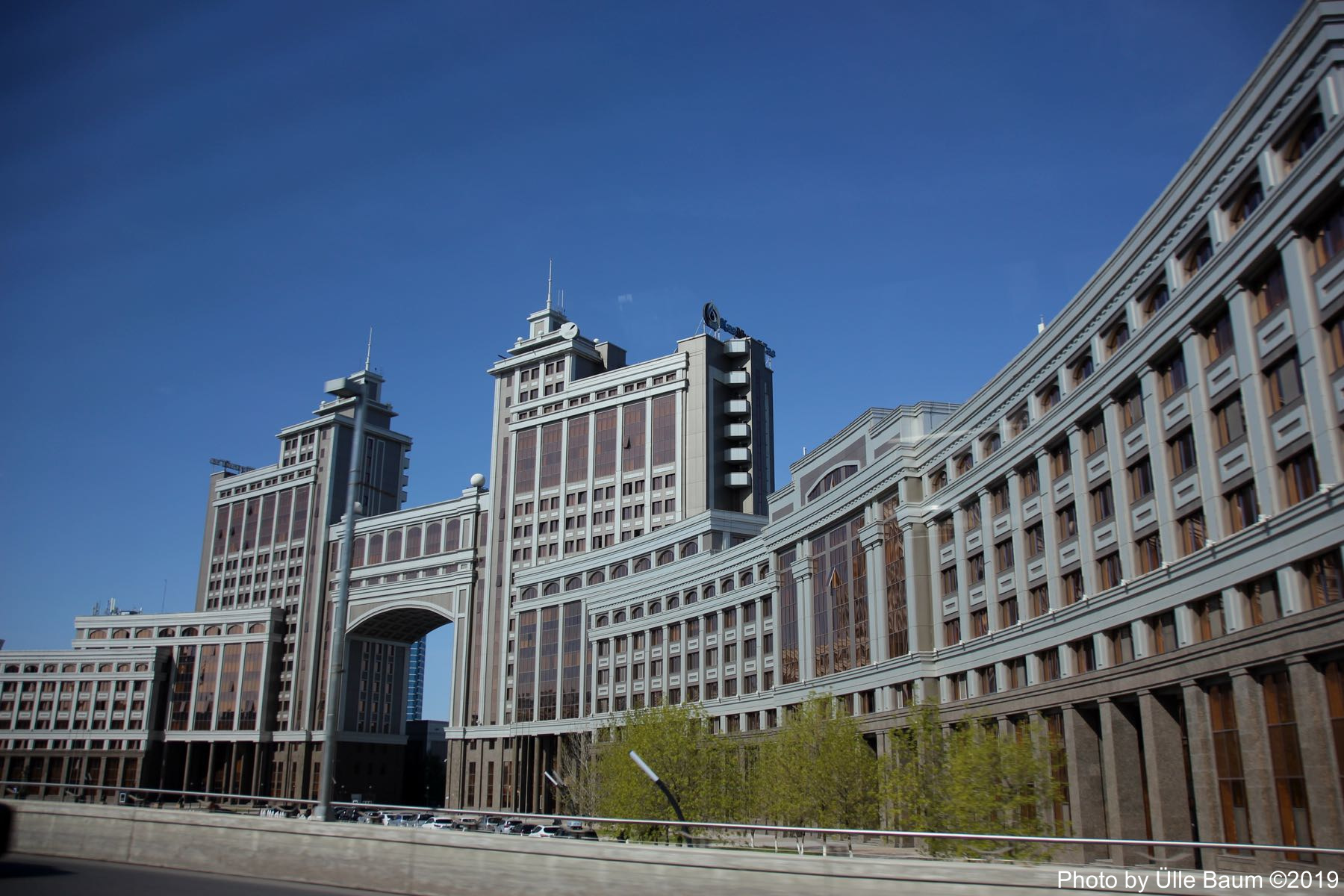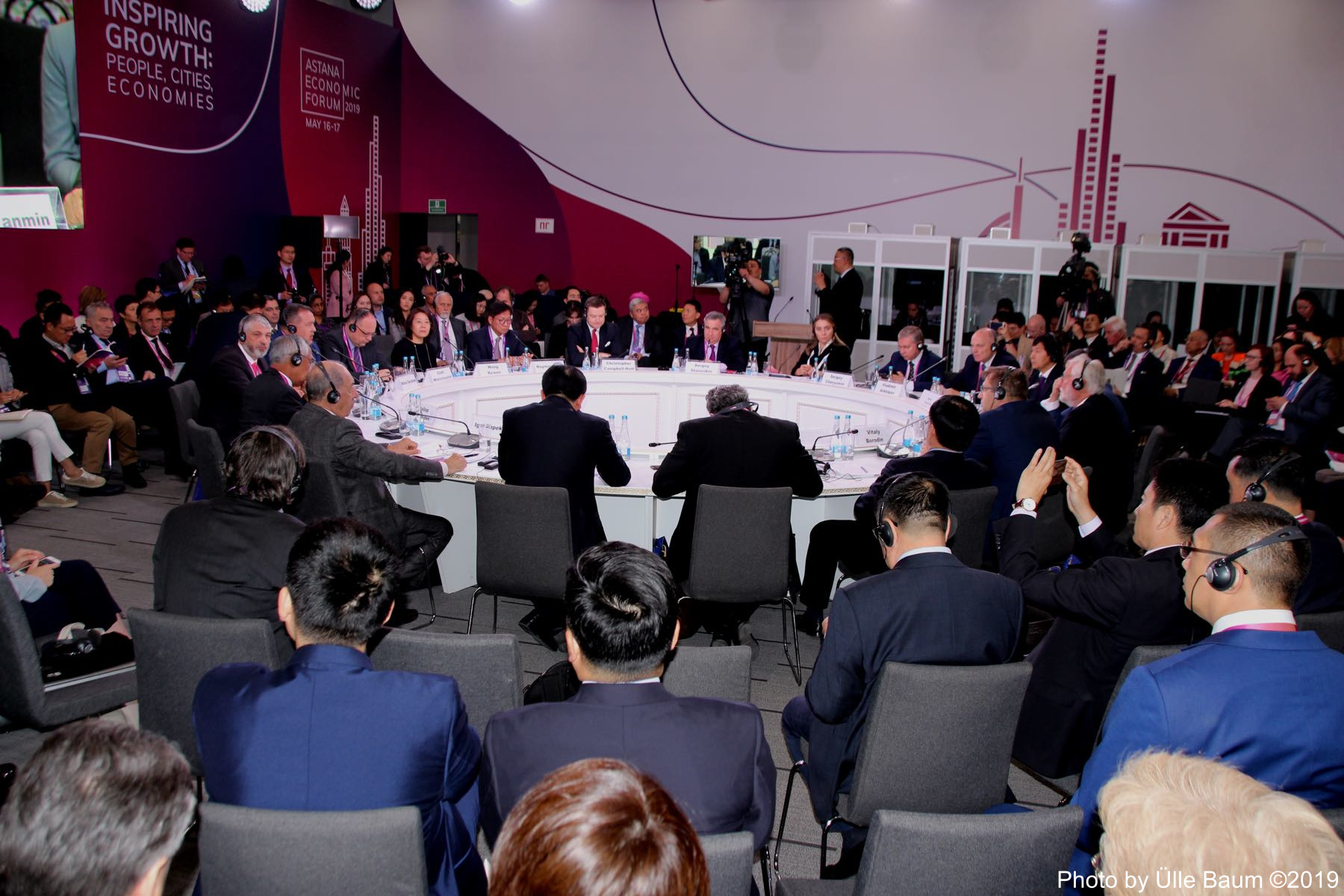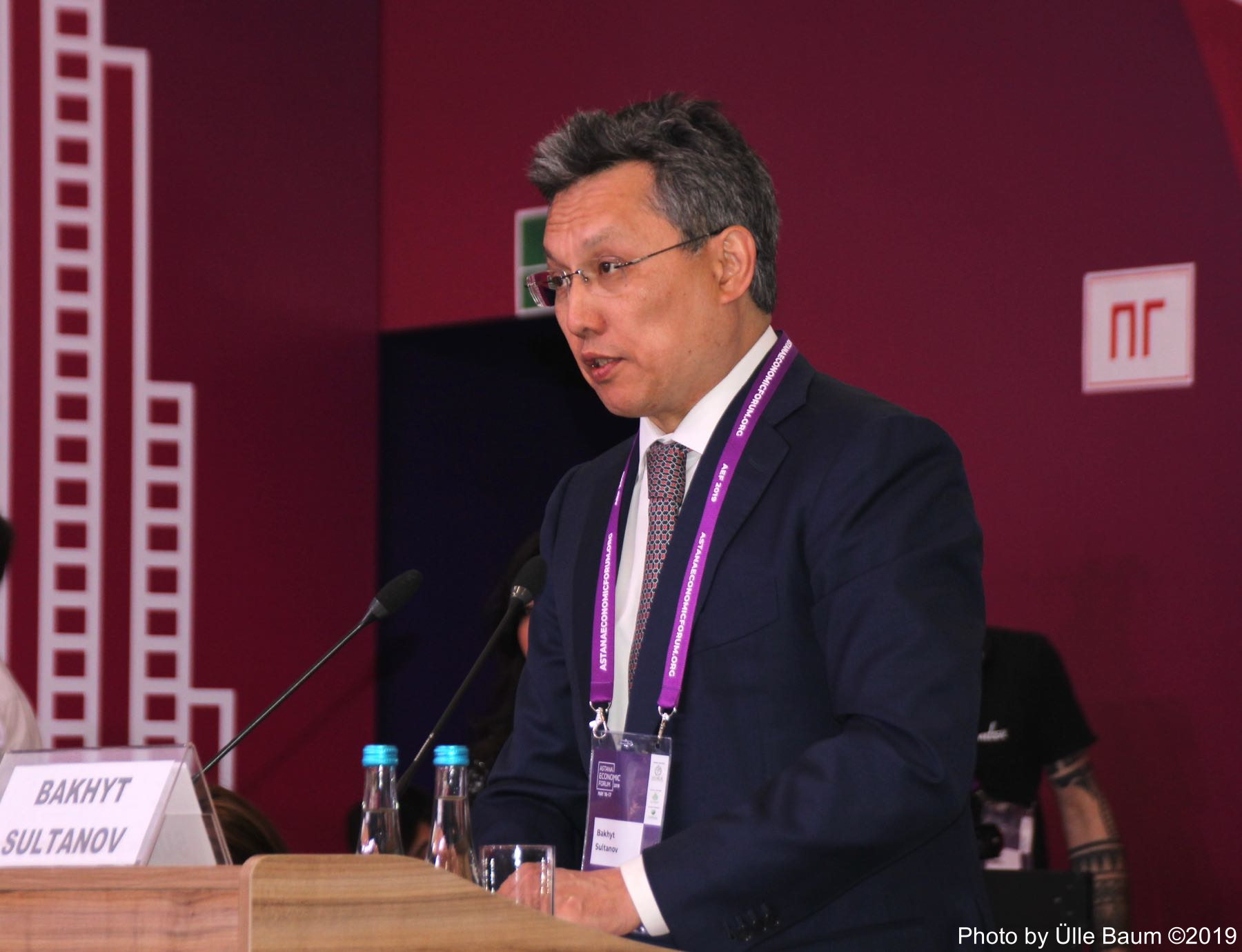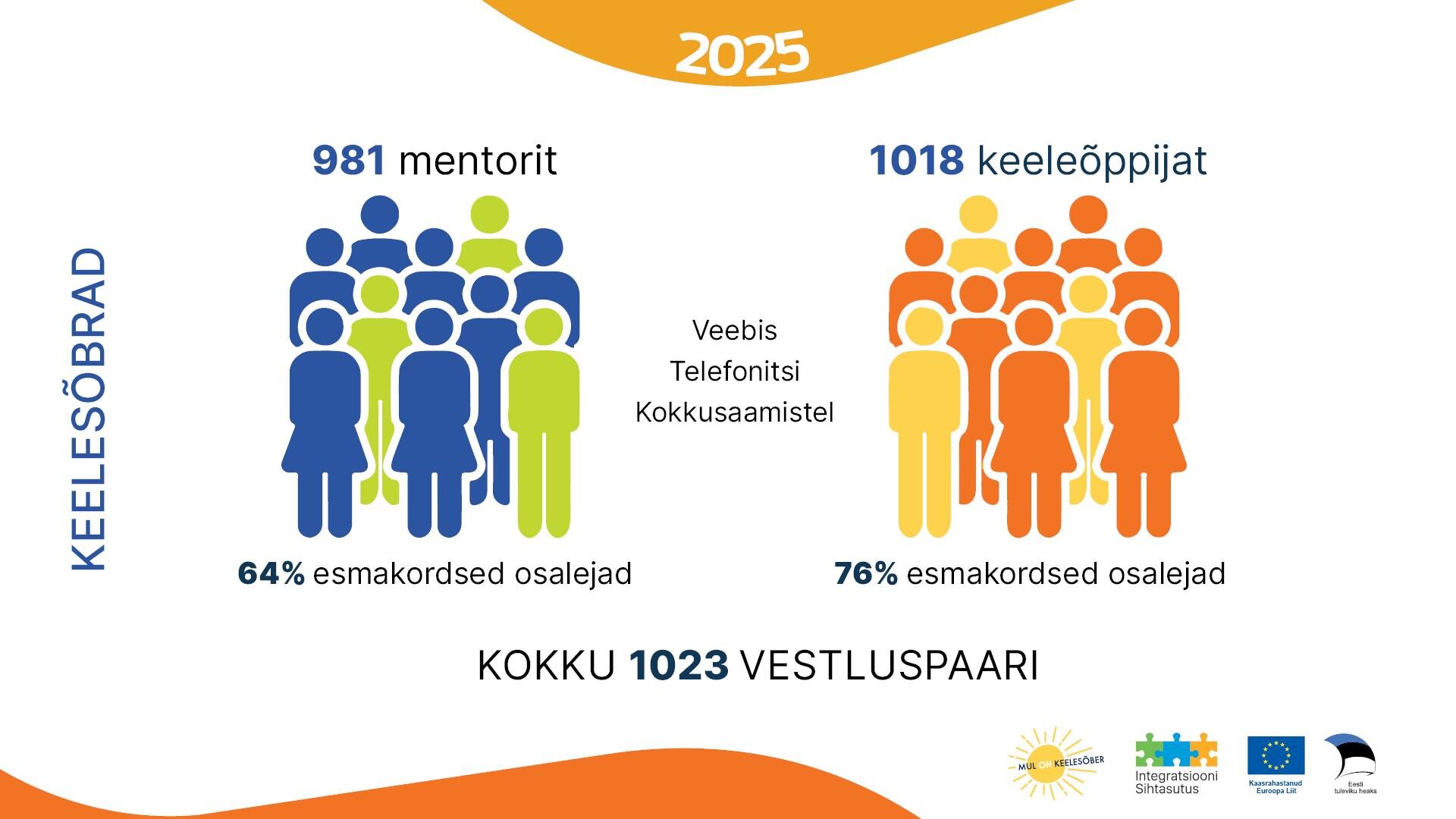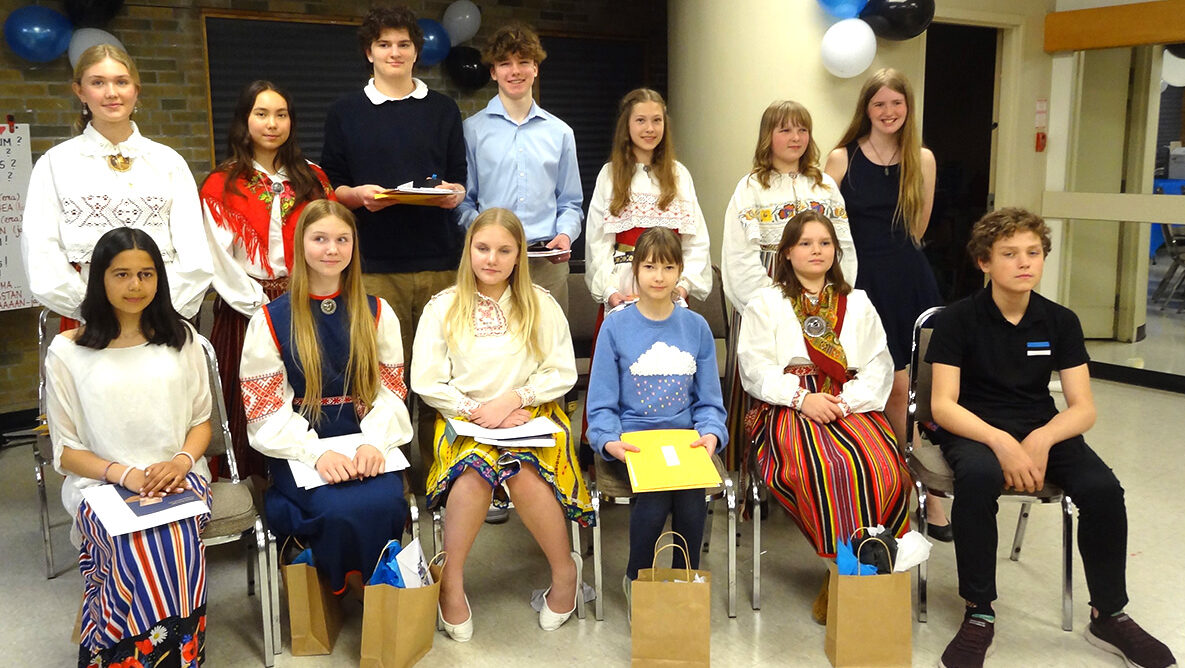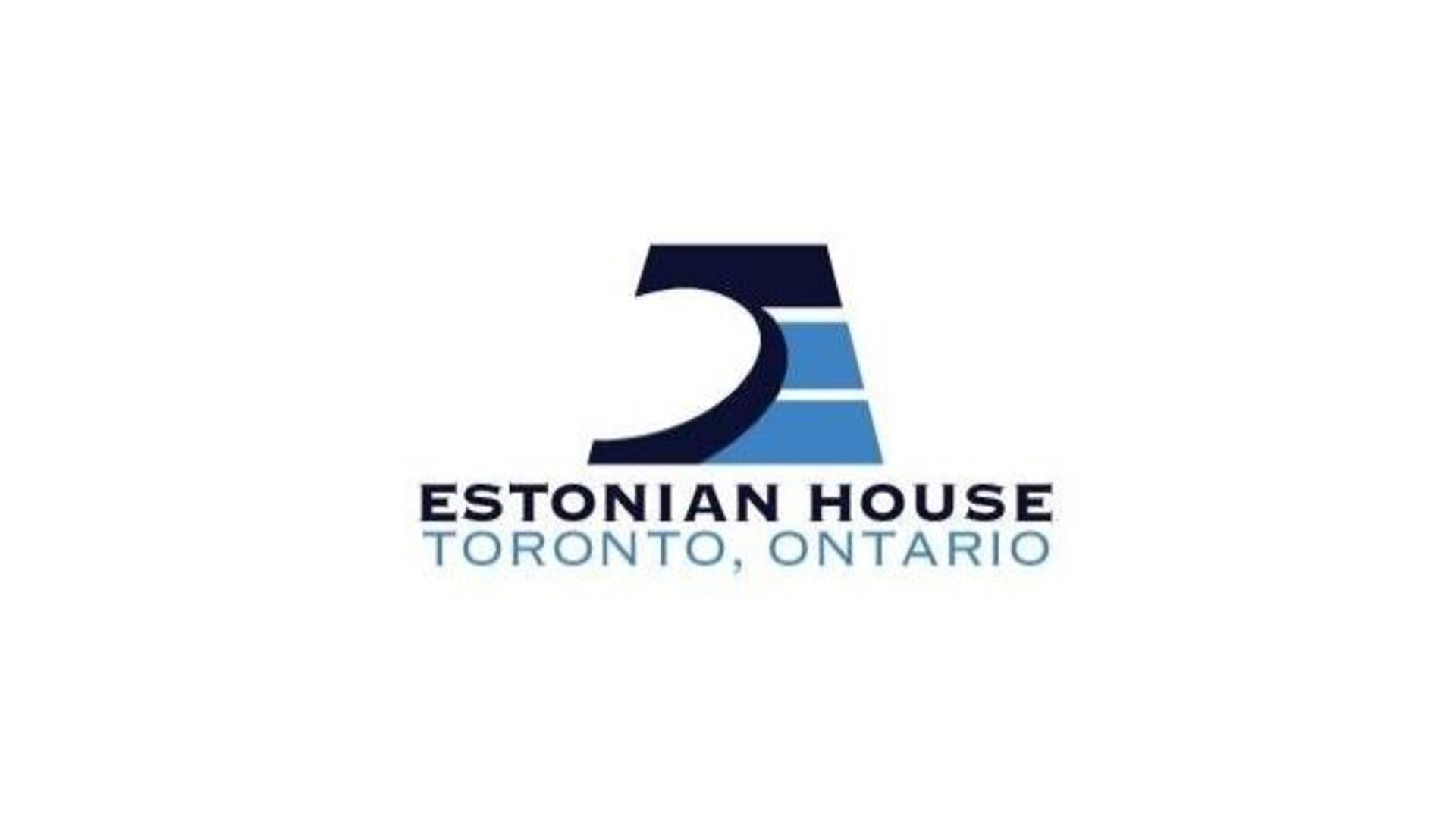There were more than 50 planned events during this prestigious two-day global forum. At the plenary meeting of the AEF-2019 the First President of Kazakhstan Nazarbayev said that digital transformation is changing the face of the world's economy, and a creative human capital is becoming the main driving force of this growth. “By 2030 about 375 million people around the world will need to undergo training and change their professions” he told the assembly. He also shared the prediction that by year 2050, 7 out of 10 people will be urban citizens and that most investments will be directed towards cities rather than countries.
The CEO of Sberbank Herman Gref, said that if you did not start the technology transformation yesterday, you will be late today. Gref reminded that the new area of Artificial Intelligence (AI) has created new opportunities for all businesses. The companies have to constantly search for new ways of doing business and they need a skilled workforce.
CEO of Nokia Risto Siilasmaa said in his speech that to upgrade your own education is very important and that his company will train absolutely every one of their 103,000 workforce over 100 countries to bring it to the current level of knowledge.
The panel session “Global Silk Road – Mayor’s Forum” discussed the cooperation between the Silk Road countries in trade, tourism development, smart city technology and the Digital Silk Road project, aiming to expand communications networks and to build new electronic links among the developing nations. There were 27 delegates at this roundtable discussion representing capitals and major cities, among them the former Mayor of Nur-Sultan Bakhyt Sultanov and the present Minister of Trade and Integration of the Republic of Kazakhstan. Numerous European cities were represented, notably Tallinn and Budapest. Much discussed was the broadening of relations between the countries of the European Union, the Eurasian Economic Union and the Belt and Road Initiative. There was also much emphasis placed on inter-city trade and tourism.
Mayor of the Capital of Estonia Tallinn Mihhail Kõlvart also emphasised in his presentation the growing importance of cities and metropolitan areas in the economy. He also mentioned that digitalization creates new types of work, businesses and governance. Kõlvart, who was born in Kazakhstan, spoke about the Estonian expertise in digital governance, smart city solutions, e-residence. e-identity, e-health, e-police and e-school. The Mayor of Tallinn drew a picture of the Tallinn-Helsinki Twin City phenomenon and how it will create a metropolitan area with the population of 3.2 million by 2035. Tallinn, the Capital of Estonia together with many other cities has joined the World Tourism Cities Federation.
Included in the forum was the third annual Kazakhstan Global Investment Roundtable (KGIR-2019) that brought together 1,100 major investors, international experts, business executives, government organisations, and policymakers from 41 countries. The participants were the representatives of the top management of leading global companies such as: Nokia, Cisco, CITIC Bank Corporation, WILO SE Group, AGCO Corporation, Yildrim Group, Valmont Industries, Tyson Foods and others.
Forty-three agreements close to $ 9 billion in value were signed between Kazakh and foreign companies in trade, agriculture, mining, and metallurgy during the conference. This event was organised by the Kazakh Ministry of Foreign Affairs and Kazakh Invest to promote the country's investment potential. In 2018 more than $24 billion was invested in Kazakhstan, which is more than 90 percent of Central Asia's total foreign direct investment for the last year. According to the Prime Minister of Kazakhstan, Askar Mamin, foreign investments are a key factor in the development of the country, more than $300 billion has been invested in the economy during the years of independence and the government would like to grow the foreign direct investment from $24 billion in 2018 to $34 billion by 2025. The Kazakh labour market is expected to have additional 2 million citizens by the year 2025.
This April the new Coordination Council for attracting foreign investment has been established on the basis of the Astana International Financial Centre ( AIFC) that was created a year ago. AIFC has already strengthened its position as the financial hub for the countries of Central Asia, the Eurasian Economic Union, the Caucasus, Europe, Western China and Mongolia. The financial services and investor activity in AIFC are governed by English common law and the business language is English. Central Asia is a market of 70 million that includes a young and educated labour force. Kazakhstan remains the top destination of investors from the United States, Switzerland, Netherlands, Germany, France, Russia and China. Kazakhstan ranks 28th on the World Bank's Doing Business Report. The Ministry of Foreign Affairs and 63 Kazakhstan embassies worldwide have embraced a new larger role this year to attract foreign investment.
Kazakhstan is a country the size of Western Europe with vast mineral resources and tremendous economic potential. It has a population of approximately 18 million people and a well-educated workforce. CEO of Nokia Risto Siilasmaa says of the country “There is a lot of positive energy in Kazakhstan.” Not only in the ground, but in the people and the future.
Astana was the capital of Kazakhstan since 1997. On 23 March 2019 Kazakhstan's parliament renamed the city Nur-Sultan, after former president Nursultan Nazarbayev.
Ülle Baum
PHOTOS by Ülle Baum ©2019
{jcomments off}
